|
...Continued from yesterday:
So, here's the latest in the stand-off between Kaci Hickox and Govenor Paul LePage. Kaci is the young Doctors Without Borders nurse epidemologist who, upon returning to the U.S. after a month of caring for Ebola patients in Sierra Leone, stood up to New Jersey Governor Chris Christie when he tried to keep her confined in a bare, chilly isolation tent dressed in paper scrubs for a 21-day quarantine. Even though she wasn't contagious. And though Governor Christie backed down and let Kaci go home to Maine when she threatened to sue her way out of that tent, as soon as she arrived home Maine Governor Paul Lepage jumped on the Ebola Hysteria political bandwagon and proclaimed that Kaci was still under quarantine and ordered her to stay isolated inside her house until, well, until he decided that she could come out again, probably sometime after the elections next week. Even though she's not contagious. And had tested negative for the disease. Twice. Kaci, who has a master's degree in public health and has worked with the Epidemic Intelligence Service of the CDC, explained, for about the dozenth or so time, that Ebola, which can only be spread by direct contact with bodily fluids, is not contagious until an infected person is having symptoms. And she was having no symptoms. She felt fine. Somebody could hug and kiss her and not catch Ebola. She was self-monitoring and taking her temperature twice a day. And so she stated that on Thursday she intended to defy the governor's quarantine order and leave her house. In response Governor LePage sent two Maine State Police cars to park in front of her house. But come yesterday morning, true to her word, Kaci and her boyfriend left her house and bicycled off down the road with the Maine State Police cars taking off after them. Now, this whole story is far from funny. Kaci Hickox is a courageous young woman who fought the Ebola epidemic on the front lines in West Africa and is now not only standing up for the rights of all health care workers but trying to promote the truth about Ebola in the face of all the panic-inducing misinfomation that's being embraced and promoted by politicians as well as governors across our country, from New York to California. But even so, just imagining the scene of Kaci and her boyfriend bicycling along down country roads with these two Maine State Police cars slowly following behind them for an hour...you could just see the beleauguered officers talking into their two-way radios: "Person of interest has turned left at intersection of corn and soybean field...person of interest has stopped to look at pumpkin patch..." I mean, could Saturday Night Live think up better material? This whole situation has to be driving Kaci Hickox crazy. Not just because of the ordeal that she's going through personally. But because she, an expert in her field, has to listen to all this unscientific ignorance about Ebola being preached as truth by clueless public officials. Who couldn't possibly be all that clueless. I mean, look, all I, who couldn't pass a science class to save my life, had to do to find out the facts about Ebola was to type the word into Yahoo and up popped CNN Dr. Sanjay Gupta - who, by the way, wasn't quarantined when he came back from Guinea after once working on an Ebola outbreak there - with all the scientific facts. Also by the way, has it not occurred to anyone gripped by Ebola hysteria that this disease has been coming and going in Africa since the 1970's and that American health-care workers who've been there caring for Ebola patients in the past have neither been subject to quarantines nor infected the population when they returned to the U.S.? Anyway, Governor Lepage has decided that the Maine State Police are no longer parked in front of Kaci Hickox's house to keep her from leaving. Yesterday afternoon he made a statement to NBC news reporters that the police were there to protect her. "She can go out of the house," he said, sounding like the soul of patience, "but we can't protect her if she does that." His words dripped sincerity. "The last thing I want is for her to get hurt. But by the same token her behavior is really riling a lot of people up." Not his behavior, of course. He then added a word of warning: "Tempers get flairy when people get scared." Which is why it would be nice if public officials like himself who are in a position to do so would work to calm people's fears through scientific facts instead of fanning them through ignorance. And though Governor Lepage promised, "I am gonna use the legal provision to the fullest extent that the law allows me" against Kaci Hickox if she did not abide by his quarantine, he also added, "If it was my call I'd escort her and buy her a one-way ticket home." Nice words for a governor to say about a brave, selfless nurse who's spent her young life so far caring for the poorest of her brothers and sisters on this planet. Almost as nice as what Chris Christie said when he was told that Kaci was going to take legal action for her release from her isolation tent. "Get in line! I'm happy to take it on!" That's what Goliath said about David. References: 1. "Christie on Facing Quarantine Suit: ‘Whatever, Get in Line’", NBC news, October 28, 2014 2. "Should Ebola Nurse Be In Quarantine?", CNN news, October 30, 2014 3. "Kaci Hickox's Wild Ride", Cnn news, October 30, 2014 4. "Maine Gov: The Police Are There To Protect Kaci Hickox", nbcnews.com, October 30, 2014
11 Comments
I have a new hero.
She's a young nurse epidemiologist with a master's degree in public health and nursing from Johns Hopkins University. She received a two-year postgraduate fellowship in applied epidemiology with the Centers for Disease Control and Prevention and worked with the Epidemic Intelligence Service, the equivalent of the CIA of public health. She has a diploma in Tropical Nursing from the London School of Hygiene and Tropical Medicine. She worked in Indonesia with the International Medical Corps after the 2004 tsunami hit that country. She joined Doctors Without Borders and spent two years in Myanmar in Southeast Asia where she ran three primary health care clinics. She also fought the 2010 measles outbreak in Nigeria, and she was part of a Doctors Without Borders team that discovered that children in a Nigerian village were dying from lead poisoning due to toxic gold mining practices. Most recently she was in Sierra Leone fighting the Ebola virus. Her passion has always been helping the most vulnerable people on the planet, and to this end nursing has been her chosen means. Her name is Kaci Hickox and she's the nurse, who upon her return from Sierra Leone last Friday was whisked by the authorities from he Newark airport and forced into a quarantine tent in a New Jersey hospital under that state's new law that anyone entering New Jersey who has been in contact with Ebola patients has to be kept in isolation for 21 days. According to New Jersey Governor Chris Christie Kaci Hickox had to be kept in this tent - dressed in hospital scrubs, with only a bed, table, chair and port-a-potty, no shower, no television, radio, books, exercise or any other kind of diversion except her phone - for three weeks because there existed the threat that she might spread the Ebola virus among the population. Even though Ebola can only be spread by direct contact with the bodily fluids of a infected person who is very sick with Ebola symptoms. And even though Kaci not only had no Ebola symptoms, but tested negative for Ebola, twice. And so although he had no scientific evidence on his side, Governor Christie stood firm in his resolve to protect the nation by keeping Kaci in the quarantine tent. Until two days later when she threatened legal action, at which point he suddenly decided she was no longer a health threat and let her go home. Which begs the question: If Governor Christie really believed Kaci Hickox could spread Ebola, why would he have let her out of quarantine, whether she threatened to sue of not? The fact is that Governor Christie of New Jersey, along with Governor Cuomo of New York and all those other governors who are talking about enforcing Ebola quarantines that go against every bit of scientific evidence of how the disease is spread, are only catering to the public's fear to gain political points. Instead of spreading education and calm and acting like leaders they're spreading alarm and misinformation and discord to make themselves look like leaders. And worst of all, they're spreading the perception that American health-care workers like Kaci Hickox who are fighting the Ebola epidemic and saving lives in West Africa deserve to be not admired and respected, but criticized and treated like social pariahs when they return home. And now Kaci is back at her home in Fort Kent, Maine, where she's been self-monitoring for symptoms and taking her temperature twice a day, which is in line with the Center for Disease Control and Doctors without Borders protocol for health care workers who've cared for Ebola patients. She feels fine. And though she's not contagious and cannot be unless she's sick and symptomatic, Kaci's been told by Maine state officials that she cannot leave her home; the state is now in the process of filing a court order to require her to abide by a 21-day quarantine. The Governor of Maine, Paul LePage, is behind this action and has sent the Maine State Police to stand guard in front of her house to keep her from leaving. Which also begs the question: If Kaci Hickox tries to leave her house, does Governor LePage require that the police officers come in physical contact with this person whom he's claimed has the potential to spread the Ebola virus? But Kaci Hickox says she's though playing their political games. She says that today she's going to reclaim her rights and her freedom to go where she pleases. She says that today she's leaving her house and if the state authorities try to stop her she'll take them to court. To which I say, "You go, brave girl!" Because in fact, Kaci Hickox isn't just fighting for her rights. She's fighting against ignorance. She's fighting against disregard for science and knowledge. She's fighting for other health care workers on the front lines in West Africa who risk being victimized by scientific ignorance and politics when they return home. She's fighting for the people of West Africa who will suffer if American health care workers drop out of the fight against the Ebola epidemic because they don't want to deal with stigmatization and a politically-motivated quarantine when they return home. But mostly Kaci Hickox is fighting to keep our country safe from the scourge of Ebola, which can ultimately only be kept out of our country only if it's wiped out at its source in West Africa. But, again, who'll want to go to West Africa to fight Ebola knowing how they'll be treated when they return home? Do it, Kaci, challenge them and be strong. I'm cheering you on! References: 1. "Healing Touch, Unbranded Stories", University of Texas Arlington 2. "Kaci Hickox: five fast facts you need to know", Heavy , October 27, 2014 3. "Nurse says she plans to end voluntary quarantine", AP, October 29, 2014 4. "State of Maine, Nurse Who Went To Africa At Odds Over Ebola Quarantine", CNN news, October 29, 2014 I used to have this thing for a particular kind of jelly, a Kroger brand of cherry preserves that could only be found at, well, Krogers. I used to love the stuff, and every day I'd have at least a couple of slices of toast or a toasted bagel or two slathered with margarine and heaped with this Krogers cherry preserves. Sometimes I'd have more than a couple slices. In fact I usually would have more than a couple slices. And the bad thing was that nobody else in the house really liked this jelly. Tom and I were the only jelly-eaters in the family, though Tom indulged only occasionally and preferred grape or raspberry or strawberry, anything but cherry. Consequently I was going through jar after jar of Kroger cherry preserves by myself. Well, the day came when I could no longer eat whatever I wanted whenever I wanted - that was the day I realized that I'd put on 12 pounds in two years, and the scale was only going up. I decided to take a stab at changing my eating habits, and a lot of yummy things didn't make the cut, a daily mega-dose of Krogers cherry preserves being among them. I switched out my margarine-and-jelly toast habit for grapefruit. Which I've actually come to like over time. A whole lot of time. Anyway, it had been years since I'd bought jar of Krogers cherry preserves. But then last Saturday morning, the morning of the day designated as the grand cookie-baking event (see the October 27 post to see how it turned out) for an upcoming wedding, I realized that I'd forgotten to buy the raspberry jam that I needed for one of the kinds of cookies that I was intending to make (but ultimately failed to make, as chronicled in the October 27 post). So I dashed out to Krogers to pick up a jar of raspberry jam, and, after I'd found the raspberry, I guess out habit or maybe nostalgia, I found myself perusing the jelly section for my former craving. Just to see if they still carried it. I looked over all the rows of jellies, jams, and preserves, but I didn't see any of the Krogers brand of cherry preserves. Oh well, thought I, I guess Krogers just doesn't carry those cherry preserves anymore. And why should they? I think I was probably the only person who very bought them. But as I headed for the checkout with my raspberry jam in tow I found myself remembering how good those cherry preserves used to be. Then I thought of that tasty loaf of challah I'd bough the day before at the Coffee Time cafe: ... (see yesterday's post) and how out-of-this world a slice of it it would taste toasted and spread with butter and some of those cherry preserves. But, of course, I hadn't indulged in that sort of thing in years, and besides, Krogers didn't even carry those preserves anymore. Or did they? Maybe those cherry preserves were somewhere on one of the shelves but I 'd just missed them. After all, there were dozens of jars of jelly all crowded together. As I walked back to the jelly section just to double-check, I decided that there really wouldn't be any harm in a couple of slices of challah and cherry preserves. Just a couple slices. Just to see how it tasted. Then I'd throw the rest of the cherry preserves out. If Krogers even had any. Which I was really starting to hope that they did. Because, heaven help me, I was feeling that old cherry-preseve fever coming on strong. I looked at every jar on every shelf. No Kroger cherry preserves. No Kroger cherry preserves! I mean, they had a whole section of hoity-toit jams where you could find stuff like
...where I'd already looked three times!
How had I missed them? Had I just been looking too hard? So worried that I wouldn't find them that I didn't? I pulled my camera back out of my purse and looked at the shot I'd taken of the jelly section. I zoomed in. Yes, right there were the cherry preserves, in the photo as truly as they'd been on the shelf. The camera had caught what my eye had not. I felt like a sleuth in a mystery story who finds out the truth from a blown-up detail in a photograph. So anyway, they'd been there all along, my old beloved Krogers cherry preserves that I could now have, spread on a thick slice of toasted buttered challah bread! Except that now all of a sudden I didn't want them anymore. The cherry preserves were right there on the Krogers shelf. I could have them if I wanted them. But I hadn't actually wanted them in years. But they were still available just in case I ever did want them. Which I didn't now that I knew I could have them in case I ever did. Besides, I really liked the challah with just butter. Is this just me? Hey, Gahanna folk, you know when you're driving up and down East Johnstown Road between Gahanna and New Albany and you pass that little strip center with the Mr. Wok and the UPS store? You know, this this one, right? Well, have you lately been noticing these signs on the grass line along the road... ...and thinking, "Coffee Time...hmmmm, wonder what that is?"? Well, I'm here to tell you what Coffee Time is: a hidden gem of a place right here in Gahanna set back in that little shopping center behind an unassuming storefront: More specifically, it's a cafe, bakery, and baking and candy supply shop all under one roof. Though I'd been driving by the signs for a few weeks, I decided to try Coffee Time on the recommendation of one of my Panera Posse members who'd gone there for lunch and, knowing I'm always in search of a good place to settle in for a few hours and get some writing done, suggested that I try Coffee Time. "It seems like it would be a nice place to have a cup of tea and write," she said. Right she was. On my first visit I was enchanted by the place. The counter reminded me of the some of the bright cafes in Spain where Tom and I used to stop for breakfast last year when we were trekking the Camino de Santiago de Compostela.* Coffee Time's candy and pastry section, left, also brought me back to that trip and the little sweets shops we used to stop in along the way. (I do believe we hit just about every sweets shop along the Camino, though sometimes I thought it must look funny, these two big Americans in their sweaty clothes and dirty boots hauling around all this gear going in and plopping down in a cute little pastry shop. Though, in truth, our disreputable state of appearance never stopped us.) So of course I could hardly resist oogling Coffee Time's selection of in-store-made pastries, candy, ...and fudge. But as I'd actually come to Coffee Time with the idea of finding a promising spot to get some work done, I was most attracted by the cozy, homey sitting area: ...where I decided to settle in with a cup of tea at this chess table. The young lady working behind the counter was so friendly, she fixed me my mug of hot tea, made from fresh steeped tea leaves, and brought it to my table. It was a good cup of tea. The place was nice. It was cheerful. It had WIFI. I decided it was It was a good place to work. I noticed a couple of moms with toddlers having coffee back by the kids space. That's when it hit me: where in town is there another coffee shop with a place for the kids to play while the moms visit? What an excellent place for a play date! Or what about a little girls' - or little boys', for that matter - tea party? I decided I wanted to learn more about Coffee Time, so I returned there last Friday for a lunch date with my daughter Theresa and one of my Posse. While I waited for the others to arrive I chatted with the friendly staff: Jaylyn, left, and Brittany, right. I learned that Coffee Time opened about 2 months ago and is owned by Brittany's grandmother and managed by Jaylyn's mother. Brittany's grandmother, Sally Held, also recently opened another coffee shop, the Three Creeks Coffee Roasters, at Creekside in downtown Gahanna:
All the baked goods are made on the premises, and they also sell bread made there. Coffee time also sells bakery and candy-making supplies, and next to the cafe is a big room filled of every imaginable cake, cookie, or candy-making need: By the time I'd finished giving myself the grand tour my lunch partners had arrived: Theresa and my Posse pal. ...though it turned out that I was the only one seriously in the mood to chow down. Theresa had a croissant and a cup of lemon tea and my Posse partner had coffee and a biscotte: ...which she let me have a bite of. It was fresh and delicious, very sweet and full of cranberries and nuts. She ordered a second one to take home. I ordered the grilled Swiss cheese sandwich, which I forgot to photograph until I'd already scarfed down half or it. It was really a good grilled cheese. Can you see the melty cheese around the edges?
For $1.50 it was the biggest, freshest, gooiest cinnamon roll I'd ever had. Then we thought we were all done until the store baker arrived from the kitchen with a big, fresh, warm, delicious-smelling loaf of challah: ...which I bought on the spot for $4.95 and we also broke into on the spot: Was it as good as it looks?
Ohhhhh yeah! In fact, though I'll probably be back there sooner, I'm definitely going back to Coffee Time around 2 pm next Friday to see if I can snag another loaf of that awesome challah. So, everybody, go check out Coffee Time, this delightful, original, family-owned and run spot right here in Gahanna. Tell 'em, Patti sent you. Eh, on second thought, they'd have no idea who I am. Just go and enjoy! 8) *If you might happen to be interested in reading about Tom's and my 490-mile trek through the Spanish Pyrenees along the Camino de Santiago de Compostela you can check out my blog of the journey, "Tighten Your Boots" at pattiliszkay.weebly.com Now, I am no neophyte when it comes to making cookies; I've made manys the batch in my time. In fact, back years ago when I had four small children racing around the house and there was the choice of trying to schlep everyone out of the house and into the car for some diversion and change of scenery or just staying home and letting everyone continue racing around the house, I did often choose the staying-home option. I tended to fill all this stay-at-home time with cooking and baking. Especially around the Christmas holidays. Baking batch after batch of cookies was somehow much easier than dragging around from store to store for Christmas gifts, so every year I got into the Christmas-cookie baking mode big-time, making and freezing dozens and dozens of cookies, then when a gift was needed for a teacher, friend, neighbor or service provider, I'd whip out a dozen or two cookies from the freezer, arrange them on a paper plate, cover them in foil topped with a bow and, voila, instant Christmas gift. One year I made 110 dozen cookies. I think I must have been trying to either escape or resolve some issue that year. But anyway, the point I'm trying to make is, though there are many things I'm not very good at, like keeping my personal space neat, talking my way out of a traffic ticket or understanding what a URL is, I can bake cookies like ringing a bell. Or at least I could until this past weekend. This weekend something happened. I'm still not altogether sure what. But let me fill in the back story. A few months ago upon learning that the daughter of one of our neighbors was getting married I volunteered to provide the cookie trays for the reception. Like I said, I can do cookies. With the wedding now two weeks away I'd slated this past weekend for a grand cookie production, a veritable pastrypalooza during which I planned to oversee the making and baking of 60 dozen cookies and cupcakes. By Saturday morning I had all my provisions lined up: As well as my cookie crew: So while everybody else got cracking, mixing, rolling, cutting, filling, shaping, dipping filling more, baking, and washing, I got to work making the batter for about 7 1/2 dozen danish butter cookies. Everybody's confections turned out beautifully: Except mine. Which looked like this before I put them into the oven: And this when I took them out: My cute little Danish flower shapes had gone flat! We decided to try foregoing the flower shapes and just shaping them into little cherry-topped balls. Same result, flat cookies. I refrigerated the dough for a while. Same result. Flat, thin, falling apart, not-suitable-for-a-wedding cookies. 7 1/2 dozen of them. I couldn't figure it out: why had I blown a simple batch of butter cookies? Where had I failed? It was Saturday night and my spirit was daunted. But by Sunday morning my internal cookie-mojo was replenished, I felt fresh and optimistic and determined to tackle another round of butter cookies, this time with success. I still wasn't sure what had gone wrong with yesterday's batch, but in truth, yesterday I hadn't used my old tried and true butter cookie recipe, I'd tried a new one. So I pulled out my good old recipe, the difference being that my old recipe called for baking powder which I hadn't used in yesterday's recipe. Confident now, I once again made a double recipe, figuring that it must have been the lack of baking powder that caused my last batch to plotz. (Sigh) If only. This time I'd decided this time to try a different kind of butter cookie altogether, a raspberry pinwheel that was a ton of work to assemble and roll and was supposed to turn out like this: But came out of my oven like this: I was feeling frantic and totally spooked. What in the world was going on? Why couldn't I even make a cookie anymore? Was I under some kind of cookie curse? But now I was down 15 dozen cookies and out of butter to boot, so, I ran out to the grocery in a sweat to grab a couple more bricks. Now, let me stop here to mention that in all the years I've been keeper of the kitchen and procurer of all grocery items therein there's almost never been a stick of butter in our household refrigerator. I bought and used only margarine. Because margarine was so much cheaper than butter and, as far as I was concerned, worked perfectly fine spread on toast, cooking, baking or any other endeavor requiring a butteresque substance. But a couple months ago, for some reason, Tom and I just started liking butter on our bread instead of margarine. So I started buying butter and subsequently using it not only on our bread but for everything else that I used to use margarine for. In fact, it didn't even occur to me that this was the first time I'd ever used butter in a cookie recipe until I'd started a third batch of cookies, this time something different, a raspberry thumb-print cookie that I'd made many times before that used powdered sugar instead of granulated sugar.* See, I hadn't yet made the butter connection and so the only thing different I could think of doing was changing out the sugar. Or accepting that I was cookie-cursed, maybe permanently. After all, hadn't everyone else's cookies turned out fine using regular sugar? Anyway, I'd already thrown in the sugar, flour, and eggs, and was about to add the butter when all of a sudden it hit me...the butter? Could it be the butter that was messing up my cookies? But, wasn't butter actually supposed to be better in cookies? At that moment as I pondered this new possibility my neighbor, the mother of the bride-to-be for whom I was making the cookies popped by. "Say," I asked her, "do you use butter when you bake cookies?" "Oh, no," she replied, "I never use butter, I always use margarine. I always heard that butter makes cookies go flat." Eureka! Bingo! Geronimo! And that would explain why everybody else's cookies and cupcakes came out fine: They used shortening and oil, not butter! Except for these cherry kniffles which, in fact, were made with butter: ...and had turned out fine - or would be once we camouflaged them with a dusting of powdered sugar - but then their buttery dough had also been bolstered by the addition of cream cheese and powdered sugar. Still, all the signs were pointing to butter as the culprit, so I dispatched Theresa to dash back to Kroger's to grab me some margarine while I waited by my unfinished thumb-print cookie batter. When Theresa returned with the margarine I added it to the batter finished and whipping up the dough. In truth, I was still feeling spooked. If this batch of cookies failed I was going to have to hang up my apron for good and let Kroger's provide the cookies from now on. I shaped a dozen little experimental dough balls that went into the oven looking like this: And came out looking like this! And so I breathed a great sigh of relief and learned a great lesson - when baking cookies, stick with margarine. Of course there are still a few unresolved questions: 1. On the final batch that turned out, I not only switched out the butter for margarine, but the granulated sugar for powdered sugar - so was the sugar part of the problematic equation, as well? 2. The cherry kniffles came out fine using butter, but, again, was that because of the addition to the mix of powdered sugar and cream cheese? 3. Before margarine came on the scene in 1869 were all cookies flat? 4. Do some people to this day have great success baking cookies using butter? 5. Is this whole butter vs. margarine thing just me? Ah, well, some questions will go unanswered, but from now on when it comes to cookie-baking, it's margarine for me! The Final Tally: About 10 dozen mini-cupcakes, to be iced the day of the wedding: About 15 dozen failed cookies: Grant me the serenity to accept what I can't change.
*For some reason "granulated sugar" always sounds to me like some kind of disease. Though in my posts from the past two days I've recounted a story from my life about good intentions that ran aground in the worst way, there are, thankfully, other stories out there, too many of them to count, really, of people with kind, generous, caring hearts who bring much good to the world. Today I'm going to share one of these good stories, and, to be right upfront about it, give anybody who feels so moved the opportunity to be part of the story in a big or small way. As I wrote in the 10/13/14 post, my daughter Claire, an intensive care nurse at Northwestern Memorial Hospital in Chicago, has been going to Haiti with the Rush University Medical Center team for a week or two every year since 2010, when the earthquake hit that country. This year Claire's husband Miguel joined the Rush team from October 13 through October 19 in their work in the Jerusalem relocation camp outside Port-Au-Prince. Claire and Miguel were assigned together to run the clinic pharmacy, which they christened The Liszkay-Jimenez Pharmacy: Besides working at the clinic the Rush team also spent time ministering to an orphanage set up in the camp run by a beautiful, heroic woman named Madame LeFleur: Thanks to the efforts of the Rush team over the years, the orphanage is now under the wing of Rush hospital Global Health Program, which will manage donations to the orphanage. At this time the orphanage is still being run on a shoestring and is still sorely in need. But the story is getting happier over time, and from here I'm going to turn it over to Claire, today's guest-blogger: Hi, Everyone, here are some photos and a little background on Madame LeFleur, the woman who runs the orphanage. Madame LeFleur lived in Port au Prince pre-earthquake with her husband and son. She ran a hair salon, and she and her husband took care of some homeless children from the street. They fed them and gave them somewhere to sleep. After the earthquake Madame LeFleur's husband took her son and fled to Miami, leaving her with the homeless kids. She and the kids were "relocated" to Jerusalem, the relocation camp outside of Port au Prince, as her home and business were destroyed. She managed to beg and scrape together some meals for the kids for about a year. After the first year in the camp Madame LeFleur told her friend that she was at the end of what she could do for the kids. She was out of money and out of favors. She was afraid she would have to give them up. Her friend told a friend who told the pastor of a church in Jerusalem, who told Dr. Wang, the leader of Rush's Global Health Program. That year we visited what had become a full orphanage of 20 kids in the middle of the camp. The first time I visited, the orphanage was just a tarp and some tents. The kids all slept and ate under the tarp. Madame LeFleur didn't have enough food to feed them all even a meal a day. Some of the kids where still nursing open wounds, still healing from injuries sustained in the earthquake. Since then Rush has teamed up with donors to help Madame LeFleur and the orphans. As of last week, they now have an actual building to sleep in.
...Continued from yesterday:
I used to have a bank account just for me that I called my "secret account". Every month I would scoop a bit of money from my paychecks and and put it into my secret account with the idea that by the time I was ready to retire I'd have thousands of dollars saved that Tom and I could use for traveling. Every now and then, though, I'd find myself delving into my secret account for some necessity or other, so my savings never grew at a great rate. Still, just before all Zorayda's troubles began I had about $3,000 in my secret account. By the time Camila arrived at the hospital in Managua my secret account was empty and closed out. Usually when I told someone my on-going story of trying to save Zorayda's family I met with the same tsk-ing attitude as the head-shakers in the Thai life insurance commercial. (Which, if you still haven't seen it, is at: http://www.youtube.com/watch?v=cZGghmwUcbQ Be sure and see it if you haven't yet). Some people were convinced I was being scammed by this lady. After all, I was sending all this money based on phone requests. Somebody joked that what if I dropped in unannounced on the village and everyone was actually well and walking around in good shoes with nice clothes, fixed-up houses and cars. To which I replied that if Zorayda's family was in reality well and scamming me about the sickness, if the money I'd sent actually resulted in everyone in the village being well and having good stuff and good lives then I'd be thrilled. I'd find the means to send twice as much. But all the money I'd sent up to now had only made every situation worse. The money I sent for Ascencion's operation hadn't saved his life. If I hadn't kept sending money for Camila's continued hospitalization she would have died at home in the care of her family. Zorayda in her grief would have been sustained by the emotional support of her family and neighbors, been comforted, had the rough edges of her sorrow softened by the presence of her other children, her mother, her brothers, sister, aunts, uncles and cousins. And she'd have had no choice but to bow to the reality of life and death in the world she lived in. But she rejected all that because she was desperate to save the life of her child, even at the cost of being torn from the people who sustained her. And so, with my money to sustain her, she was cast adrift, alone, terrified and desperate in Managua. I just want to insert here that by the time all this was taking place the two nuns who'd worked in the villlage, both in their late-80's and physically unwell, were gone from the Casa de Paz, having finally been called into retirement to the Maryknoll Mother House in upstate New York. So the villagers were now on their own, with the members of the parish council serving as the village administrators and using the old convent as their office and community meeting place, as it had been during the 50 years of Maryknoll presence in the village. But with the nuns' departure Zorayda and her mother Lupe lost their employment, leaving Ascencion with his security guard job as their sole breadwinner. I don't know how the family survived financially after Ascencion died, but I believe that in the village extended families survived as a unit, and Zorayda had many relatives around her - the children ran freely from house to house, and every mother was a mother to all her nieces and nephews as well as her own children. Some of the villagers had farms and I suppose they sold their livestock and crops in the market in Leon. And so when Zorayda left for Managua relatives and neighbors brought food and helped Lupe with Zorayda's other children. And I kept sending money. Because I didn't have the heart not to. Because in Zorayda's shoes I'd be doing the same thing, begging for money to save my child. I kept sending money because my heart hurt. The days passed, Camila remained in a coma and finally the doctors told Zorayda there was nothing they could do for Camila but that there was a hospital in Cuba that perhaps could. The medical transport flight for Camila would cost $1,000 and Zorayda would have to arrange her own transportation. Zorayda asked me for the money. But I knew that there was no miracle waiting for Camila and her mother in Cuba. I finally said no to her. After which there followed series of events that, though I was originally planning on recounting in this blog, I've now decided would be better left unshared for the sake of Zorayda's and the others involved. Anyway I guess enough's been said. Camila died in the children's hospital in Managua. I sent money for her return with her mother to their village. I do love that Thai life insurance commercial. For those who missed yesterday's post, here's the link: http://www.youtube.com/watch?v=cZGghmwUcbQ It presents such a pure distillation of human goodness - kind deeds bringing happy outcomes - free of the adulteration of messiness and unfortunate consequences that sometimes seeps into good intentions in real life. Back in 2006 my daughter Claire spent a year working with two elderly Maryknoll missionary nuns who ministered to a village in the Nicaraguan jungle that bordered the city of Leon, which the villagers commuted to over the broken-up road that ran between the jungle and the city. They traveled into town by bike (sometimes balancing two or three people on one bike), on foot, by the bus that stopped at the edge of the jungle, and sometimes in the nuns' jeep. The villagers were kind to Claire, and understood that she probably felt strange and lonely and did all they could to make her feel welcome. One family especially took her under their wing. This was the family of Lupe*, a woman in her 50's who cooked for the nuns, and her husband Ascencion who did odd jobs for the nuns and around the village. Lupe and Ascencion's 32-year-old daughter, Zorayda, also kept house for the nuns. So Lupe and her family earned their living as the convent caretakers. Claire and Zorayda became friends, and her family often invited Claire into their home - a three-sided corrugated metal and cinderblock structure with dirt floors.
One day Zorayda came to Claire in tears. Her uncle was in the hospital in Leon, he was in kidney failure and needed $50 for a blood transfusion. Now, at that time Claire didn't have $50 to spare, so she called me and asked if I could quickly put the money into her bank account. I questioned how a $50 blood transfusion could save someone in kidney failure, but gave Claire the money, which she gave to Zorayda to pay for the blood transfusion. Her uncle died a day or two later. About a year after Claire returned from Nicaragua and was in nursing school in Chicago she got a desperate call from Zorayda. A charitable group had come and run a water pipe into the village. Ascencion had been hired to guard the pipe, and noticing a leak in the pipe, bent down close to look at it. At that moment the pipe burst and the pressurized water slammed into Ascencion's face, blinding him. The doctor said the only way to restore his vision was with an operation, but in the meantime he needed to protect his eyes with a pair of special dark glasses that cost $150. Claire called me. I sent $150 to the Western Union in Leon. Claire, in the meantime, organized with her friends in Chicago a fun-raiser night in a neighborhood bar to raise money for Ascencion's operation. Tommy sent $100 he had received as a graduation gift. Maria and Justin sent $100. Claire raised several hundred dollars from her fund-raiser. I pitched in the rest, and Claire sent the money to Zorayda for her father's operation. But the operation didn't work and a day or two later Ascencion died in the hospital. The hospital required the family to furnish a coffin before they would release his body, and an unscrupulous coffin salesman talked them into buying a $600 coffin instead of using a wooden box from the village. Again Zoyada called Claire in a panic. When the bill came due she didn't have the money to pay for the coffin and the coffin company was going to throw them off their land if she didn't come up with $600. Claire called me in tears. Where would the family live without their little farm? How would they eat? What would happen to the children? I sent $600 to pay for the coffin. A few months later Claire called me again. Zorayda's 4-year-old daughter, Camila, had had several bad seizures. The family took her to the hospital in Leon and found out that she had a cancerous brain tumor. They needed money for the operation, which would cost about $1,000. (Yes, I know - imagine brain surgery costing $1,000 in the U.S.). But now we faced a dilemma: If Camila survived the brain surgery, she'd also need all kinds of post-operative care and chemotherapy. How was her impoverish family going to manage all that out where they lived in a clearing in the jungle? One of Maria's friends contacted the St. Jude Hospital to see if they could possibly transport her to the U.S. for treatment but it turned out that St. Jude doesn't deal with foreign transactions. I sent Zorayda the money for the operation. But the surgery failed and Camila threw a blood clot and went into a coma and was put on life support. Zorayda, who'd already lost one child to dengue fever, begged the doctors to save this one but they said there was nothing they could do. She told them she could pay them, whatever they wanted. After several days the doctors finally told her that although there was nothing they could do she could take Camila to the children's hospital in Managua where she could be cared for by specialists. But she'd need to provide $150 for the medical transport. And she'd need money for the treatment in Managua. So she called Claire again and Claire called me. This time Claire was skeptical. The child was in a coma. She'd been on life support for days. Was there really anything the doctors in Managua could do? I have three brothers who are doctors so I called all three. None of them wanted to make a judgement call without knowing exactly what the child's situation was. I talked to a neighbor who was an oncology nurse. Her reply was the same as my brothers'. I didn't know what to do. Then I received a distraught phone call from Zorayda. She'd found my phone number on a Western Union receipt. Even with my meager Spanish I knew she was begging me for the money to save her baby's life. I sent her the money. I sent money for the ambulance for Angelica and money for Zorayda to take the bus to Managua and some money to pay the doctors in the hospital and some extra money for Zorayda. Hundreds of dollars. So Angelica and her suffering mother were transported to Managua where Camila was admitted to the Mascota Hospital for Children and Zorayda, who had never in her life been anywhere beyond her village and Leon, was left to fend for herself, exhausted, disoriented and almost penniless, on the streets of a big frightening city. And from there the story turns into a nightmare. To be continued... * I've changed all the names of the family members. I figure that on average it probably takes about three minutes to read one of my blog posts, so I thought that today I'd instead share a 3-minute video.
As this video - a commercial, strangely enough, for a Thai life insurance company - has already had over 5 million hits, I imagine some of you might have already seen it. But it's probably worth seeing again. Because even though this video is just a commercial that was made with the goal of selling something, the message resonates for most of us on a level that has nothing to do with buying life insurance. I think I'm probably going to watch it every day from now on, to make watching it part of my morning routine along with taking my vitamins and doing my yoga stretches. To remind me everyday, not to buy life insurance, but to believe in good. I know the members of my church, Peace, have already seen this video because our Pastor Doug Warburton showed it at last Sunday's services in conjunction with his theme, which he took from a line from Robert Fulghums' poem, "Everything I need To Know I Learned In Kindergarten": "When you go out into the world hold hands , watch out for traffic, and stay together." Here's the link to the video. Enjoy and have a beautiful day. http://www.youtube.com/watch?v=cZGghmwUcbQ "Checking temperatures when people come into the country is probably not going to be our best use, but it does reassure people.” - Dr. Ezekiel Emanuel, chairman of the University of Pennsylvania’s Department of Medical Ethics and Health Policy, speaking on Ebola panic. So now the cry across the nation is to ban flights from West Africa from entering the United States. Even though there are no direct flights from West Africa to the United States. And even though both the CDC and Doctors Without Borders are adamant against the imposition of travel bans. The CDC and DWB predict that a travel ban would interfere with the movement of health care workers trying to get in and out of West Africa, as well as the transport of resources. People from the affected nations would find ways to travel anyway but now would be harder to trace and would withhold from officials the truth about where they've been. Cutting off travel to and from the afflicted countries would wreak havoc on their already impoverished economies, leaving those countries with even less financial resources with which to fight the Ebola epidemic. Which would cause the disease to spread even more. And the ensuing fear and panic at being cut off from the rest of the world could cause civil unrest that would make it even harder to fight the disease and its spread. And the more Ebola spreads in Africa, the more the danger of it spreading to our shores. And even if at this point your trust in what the CDC says is still a little squishy, if Doctors Without Borders says a travel ban would be a disaster upon a disaster, then you can bet your life it. And yet many members of Congress, taking taking the temperature of public opinion just a few weeks before midterm elections, are ignoring the warning of the CDC And Doctors without borders and pushing for a travel ban. Because it's much safer politically to give people a false sense of security than to tell them the hard truth: The only way to keep Ebola from our country is to gather the national will to fight it in West Africa. And to wash our hands. Bleach and water is the gold standard for killing the Ebola virus, but soap and water does a good job, too. The only problem is that washing your hands doesn't have much panache. And it doesn't pop on the campaign trail. Besides, we feel more comfortable with flight bans. And quarantines. We've gone quarantine-crazy. There's a growing belief that anyone who's been near anyone who's been in the vicinity of anyone who might have been around someone who could have been within 10 miles of a case of Ebola should be quarantined at home for 21 days. Which would be fine if Ebola were that kind of contageous. But it's not. It can only be contracted by direct contact with the bodily fluids of an infected person who is showing symptoms of Ebola. But consider this: If the American public's perception is that anyone who has been in the vicinity of a person infected with Ebola needs to be quarantined for 21 days, might not that push public policy to require just such a 21-day quarantine? How would such a policy affect heath-care workers who might have to deal with Ebola patients in this country? Would they even be willing to treat Ebola patients, knowing that they may be quarantined for three weeks afterwards? And even though American workers and resources are desperately needed in the Ebola-stricken countries, can we expect anyone to go if they know they, without exception, will have to face a quarantine when they return? Travel bans. Quarantines. What we all really should be doing is washing our hands. Like crazy. References:
1. "Ebola Hot Take Of The Day: Travel Bans Would Make Things Worse. Let's Do Them Anyway", Huffington Post, October 10, 2014. 2. "Life In Quarantine: 21 Days Of Fear And Loathing", The New York Times, October 19, 2014. 3. "This Is The Messy Truth About Ebola", video portion of "Ebola cases could soar to 10,000 a week; CDC: New team to help hospital", CNN, October 14, 2014 4. "Stressing about Ebola? Wash your hands -- and get your flu shot, NY officials say", New York Daily News, October 16, 2014. 5. "Ebola Virus Can Be Killed With Soap And Water", CBS New Blog, August 5, 2014. |
"Tropical Depression"
by Patti Liszkay Buy it on Amazon: https://www.amazon.com/dp/B0BTPN7NYY "Equal And Opposite Reactions"
by Patti Liszkay Buy it on Amazon: http://amzn.to/2xvcgRa or from The Book Loft of German Village, Columbus, Ohio Or check it out at the Columbus Metropolitan Library
Archives
July 2024
I am a traveler just visiting this planet and reporting various and sundry observations,
hopefully of interest to my fellow travelers. Categories |

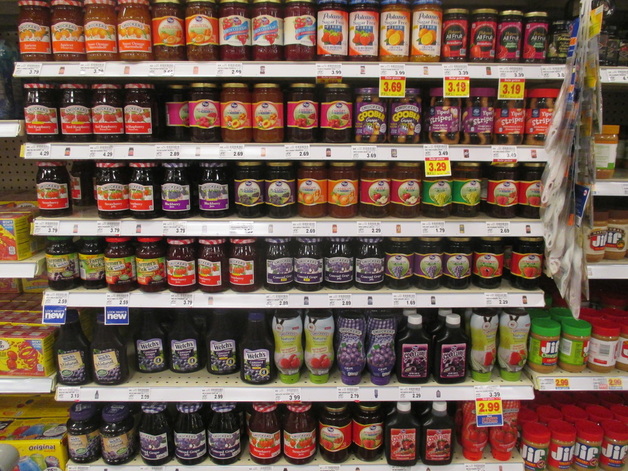
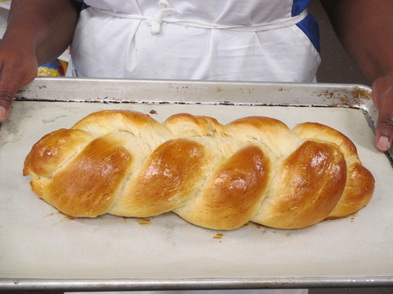
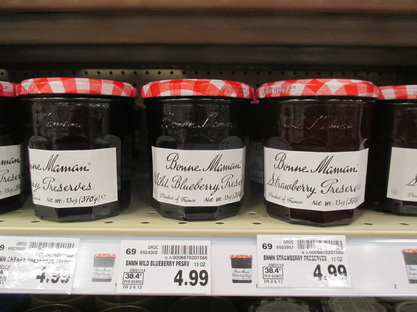
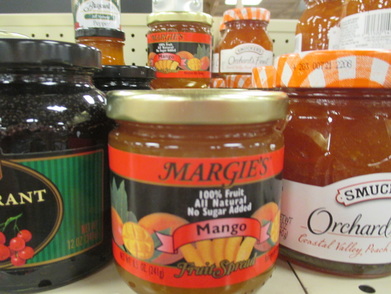
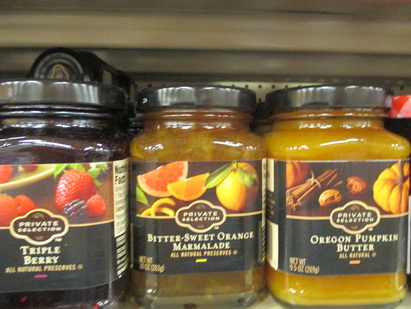
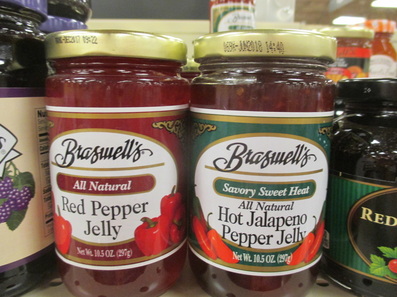

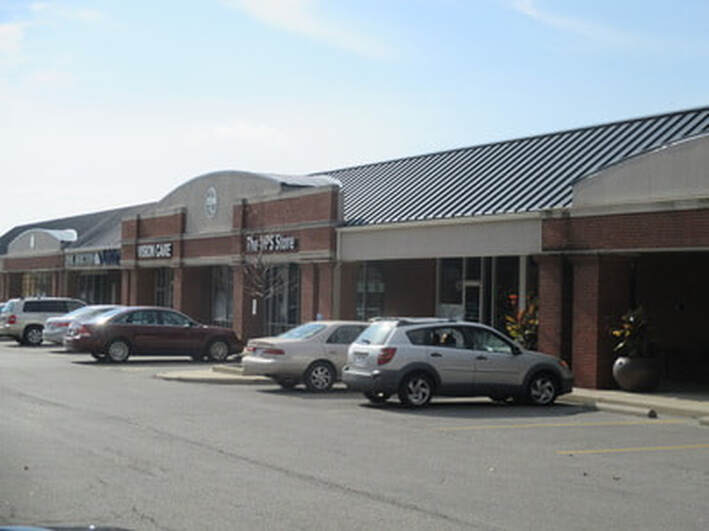
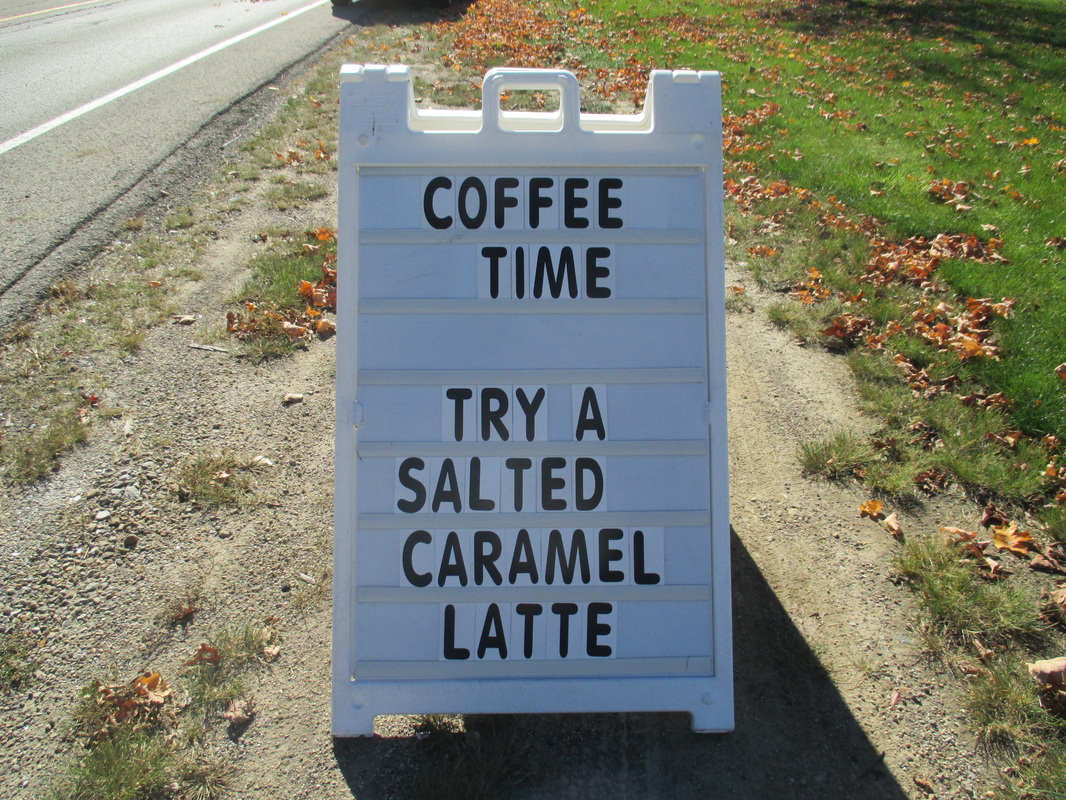
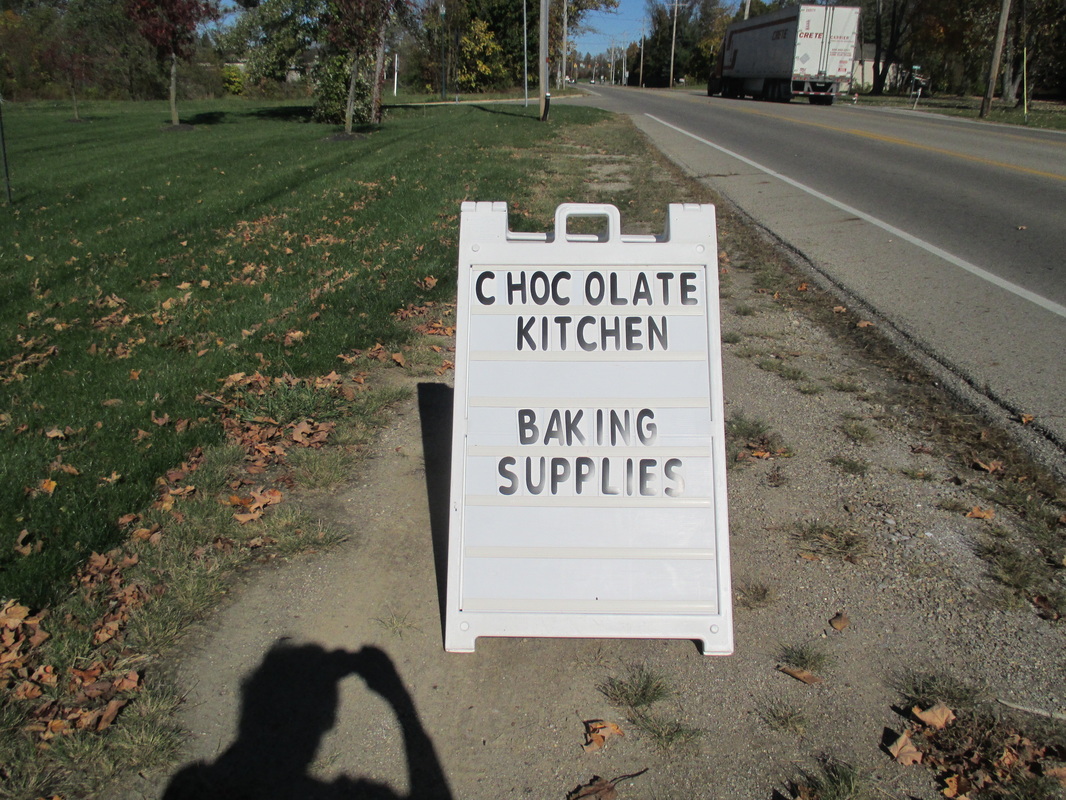
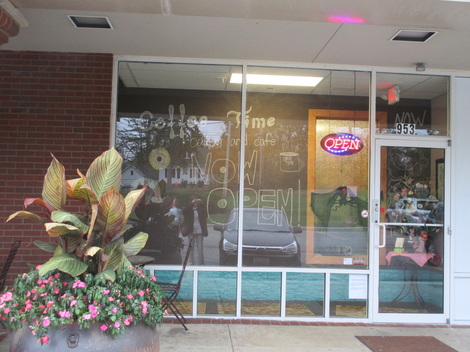
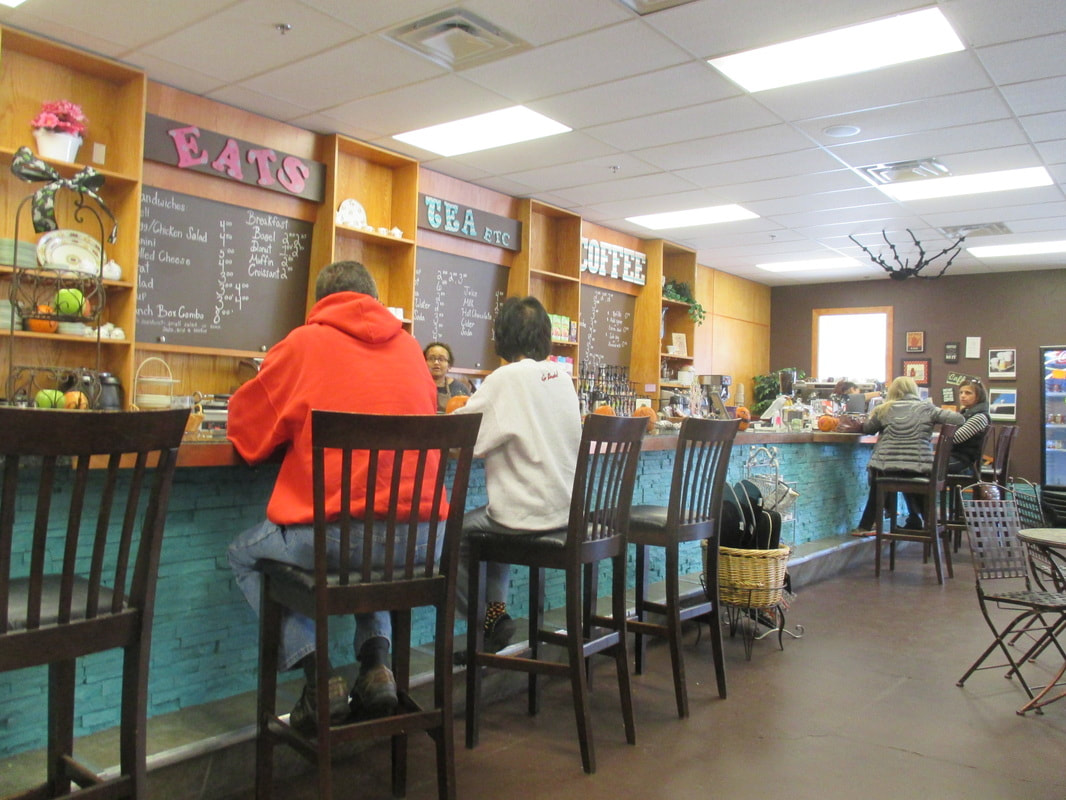
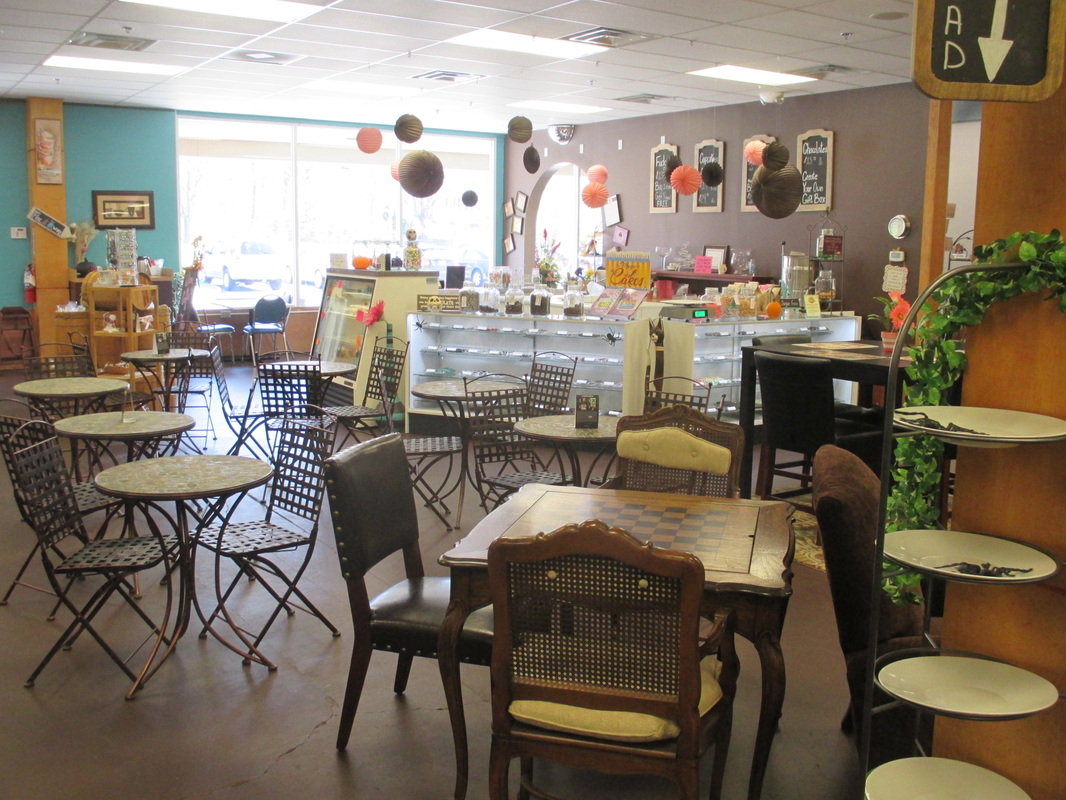
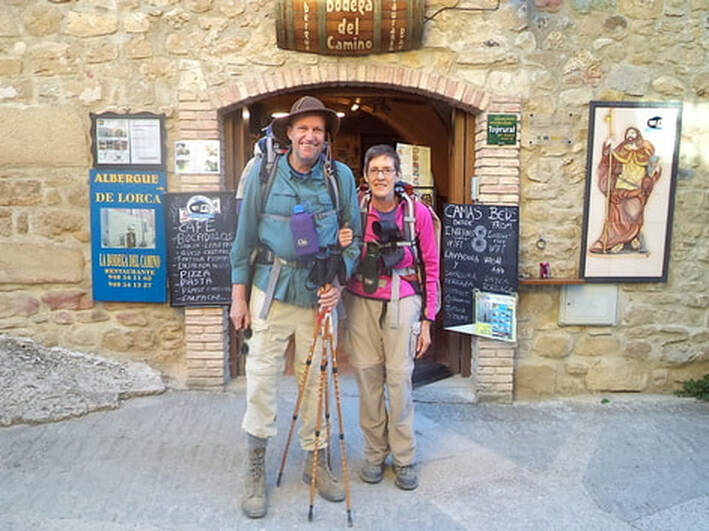
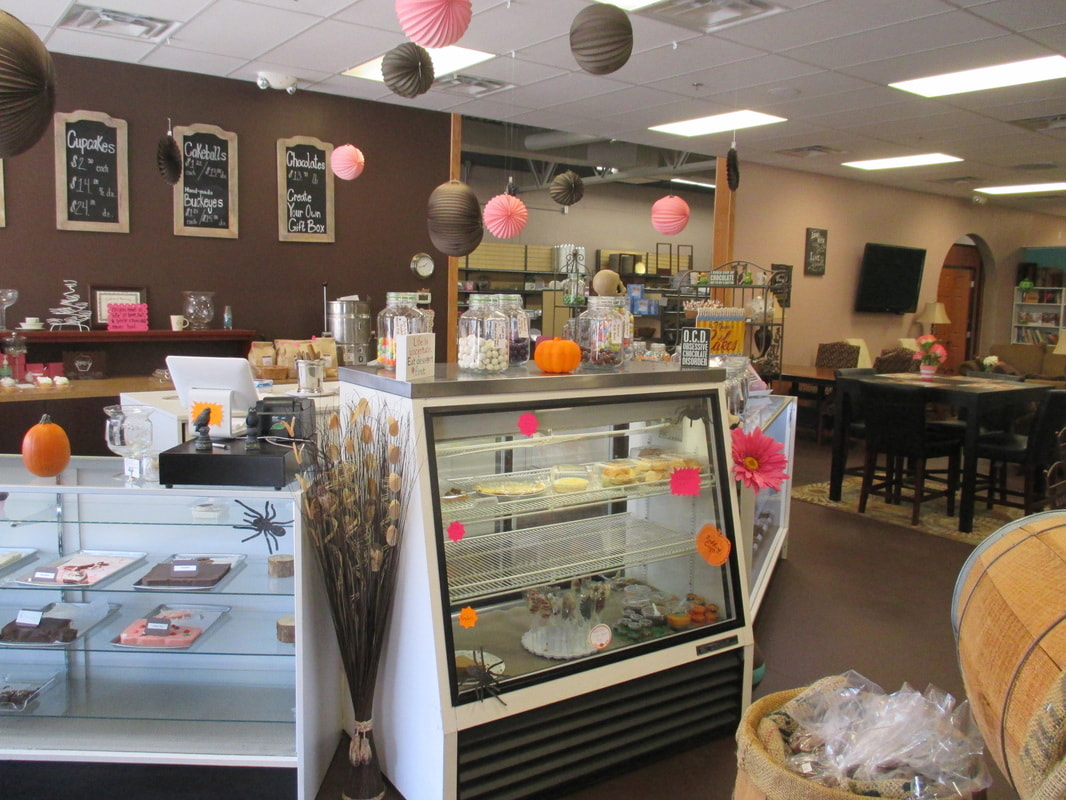
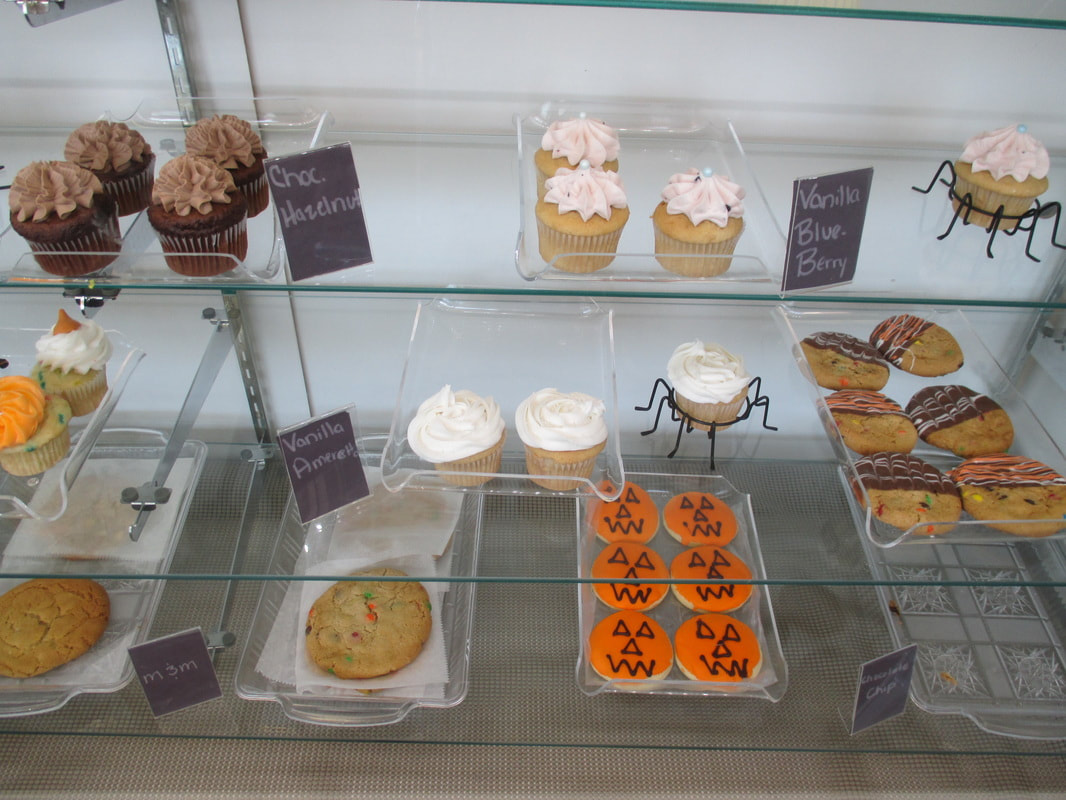

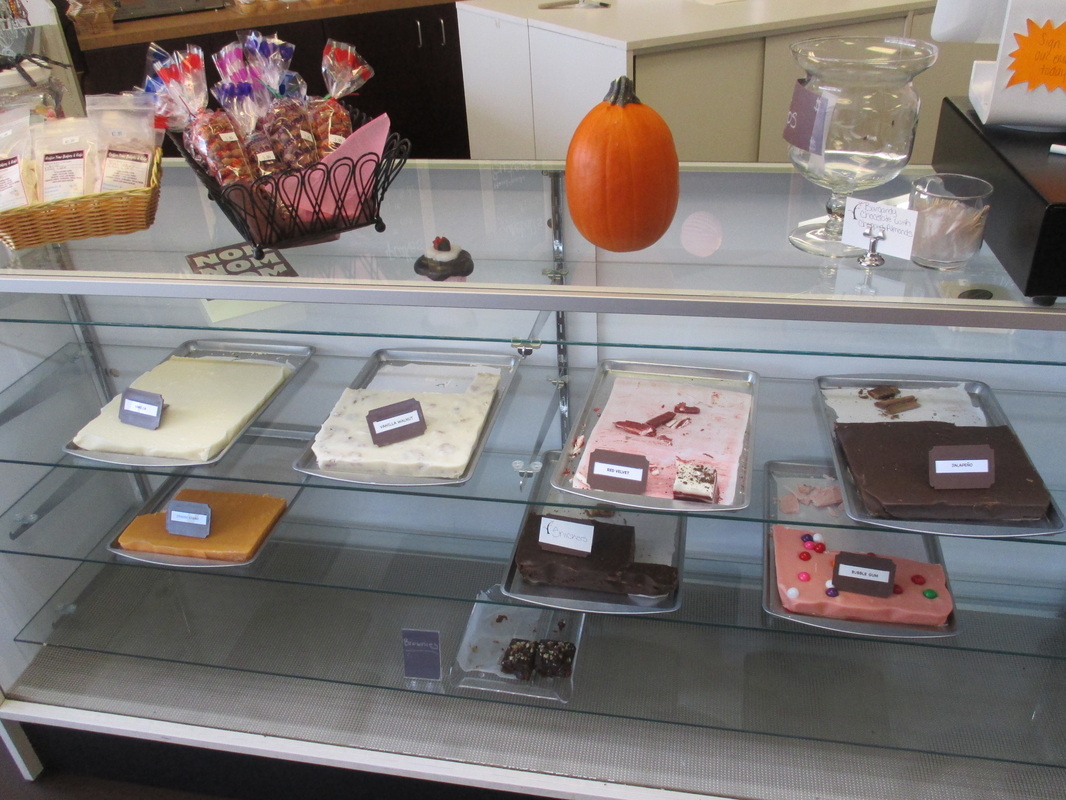

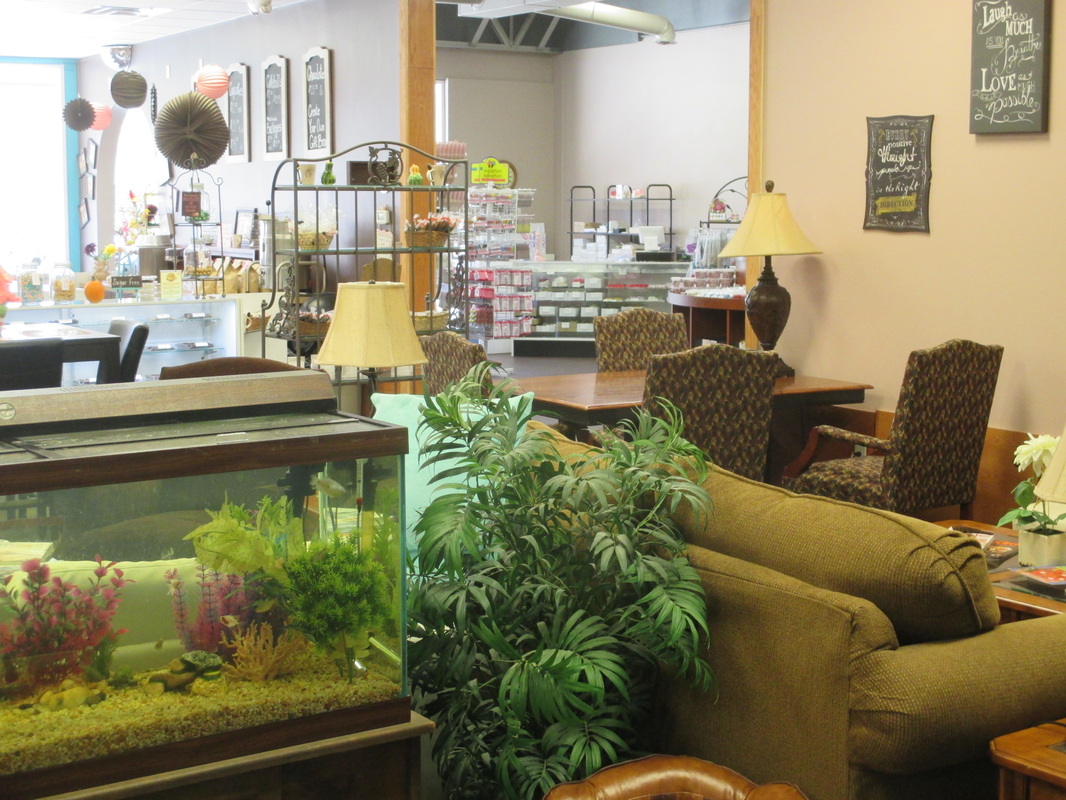
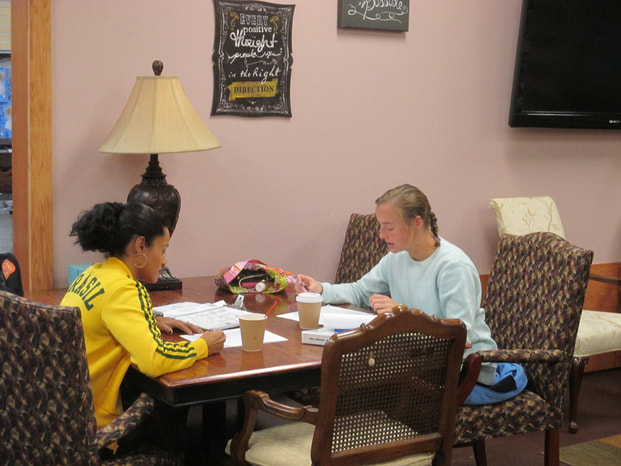
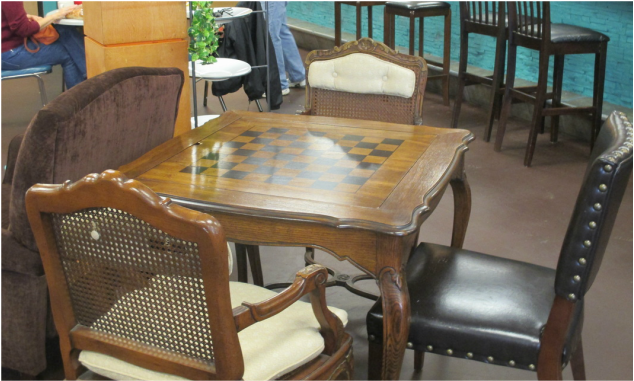
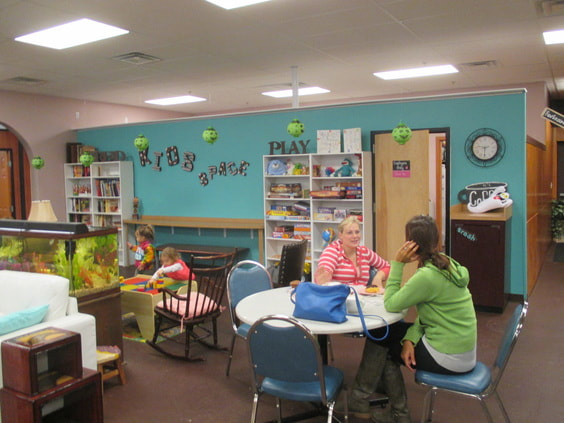
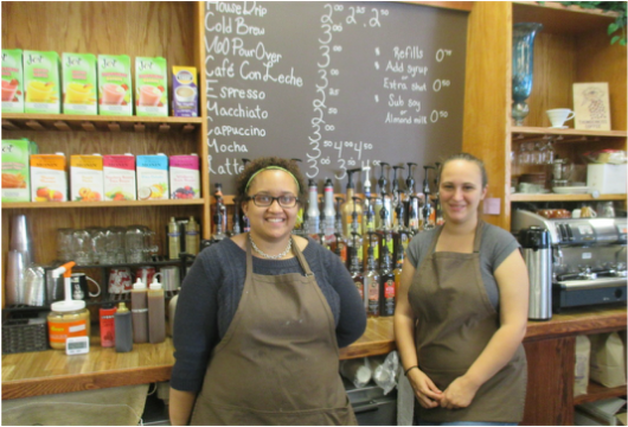
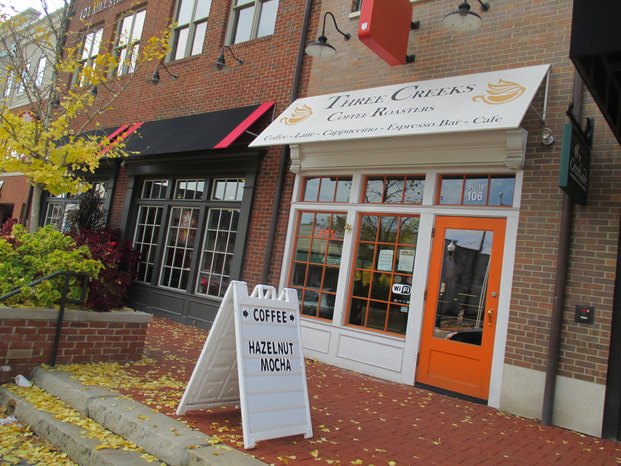
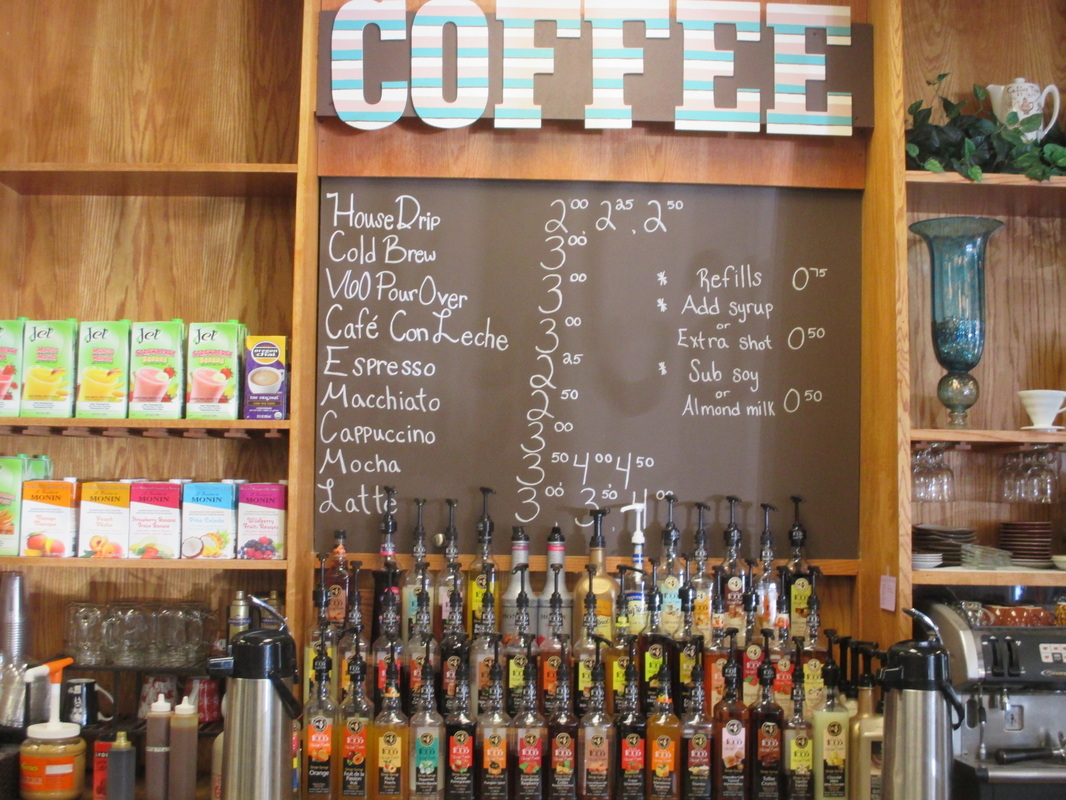



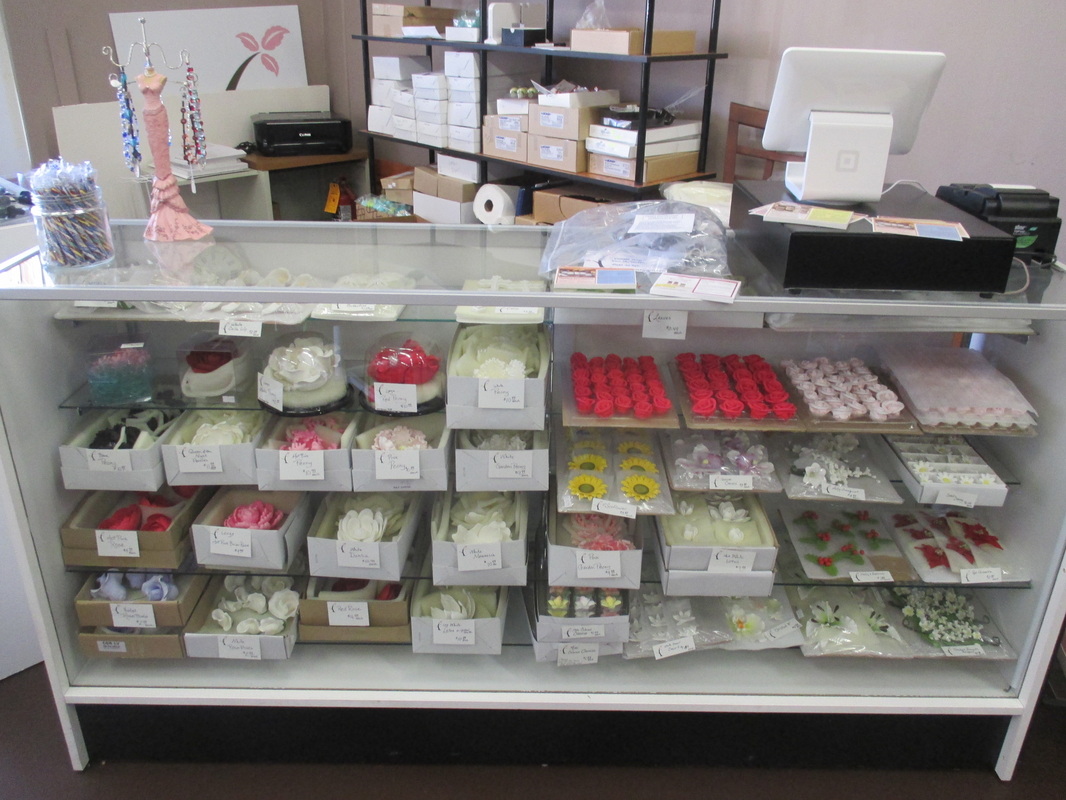
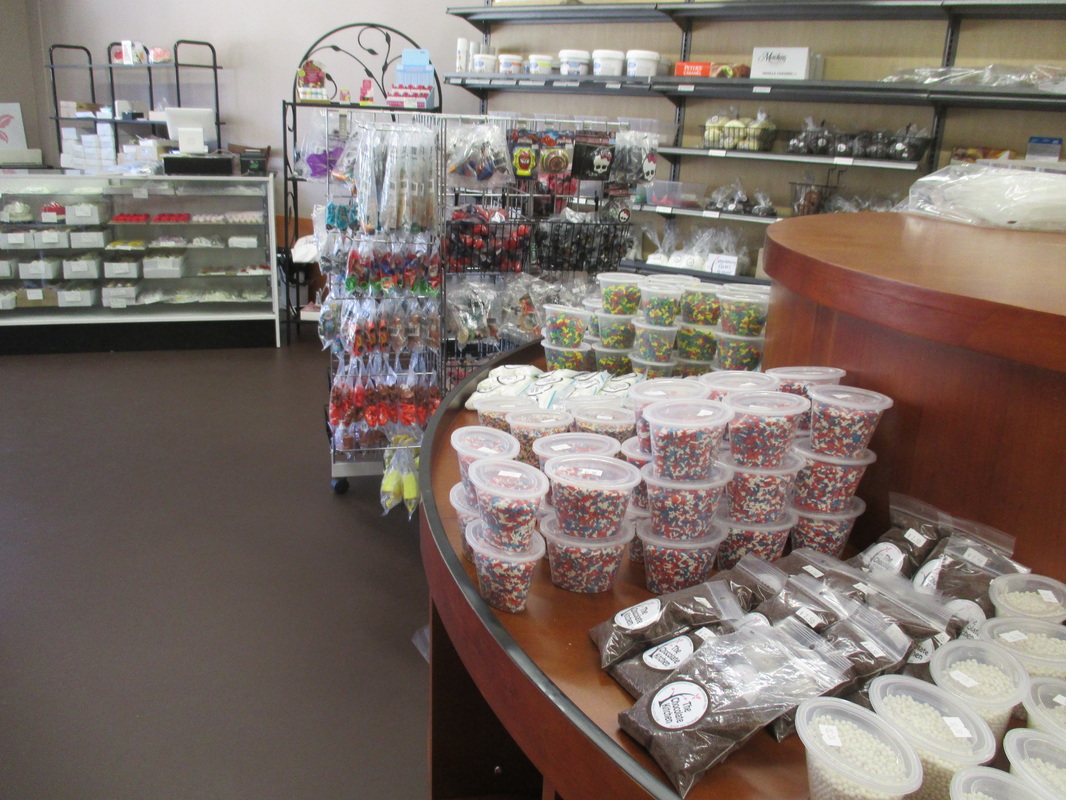
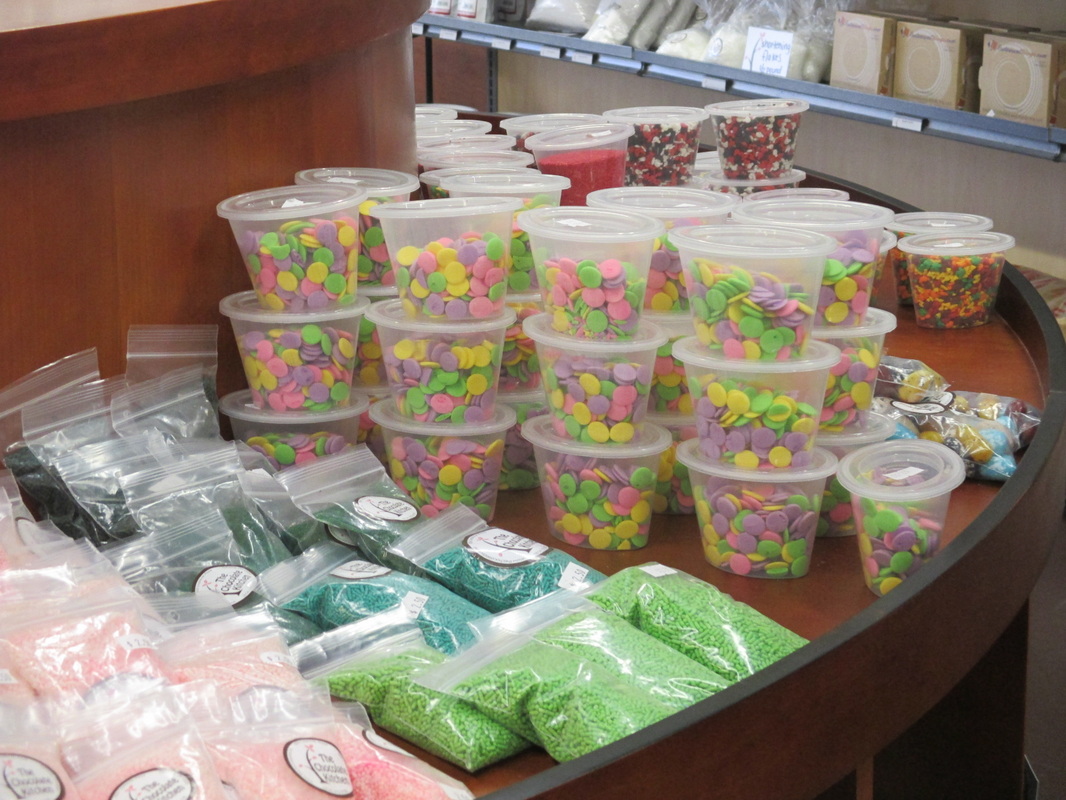
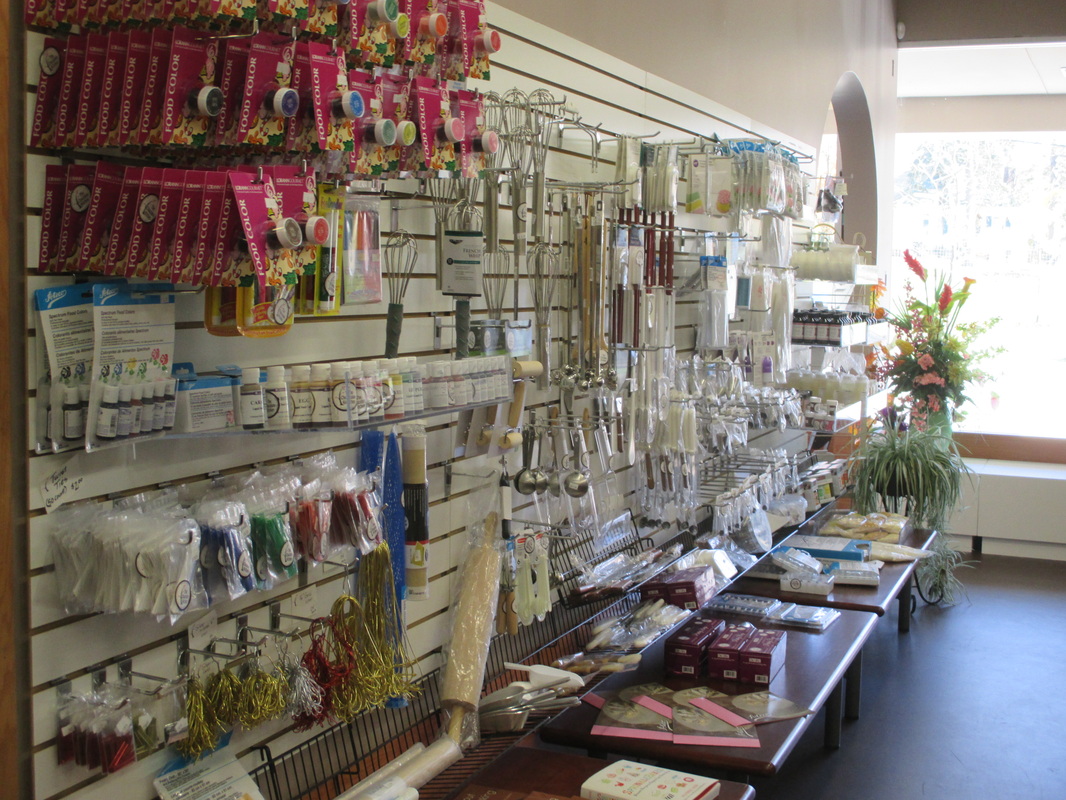
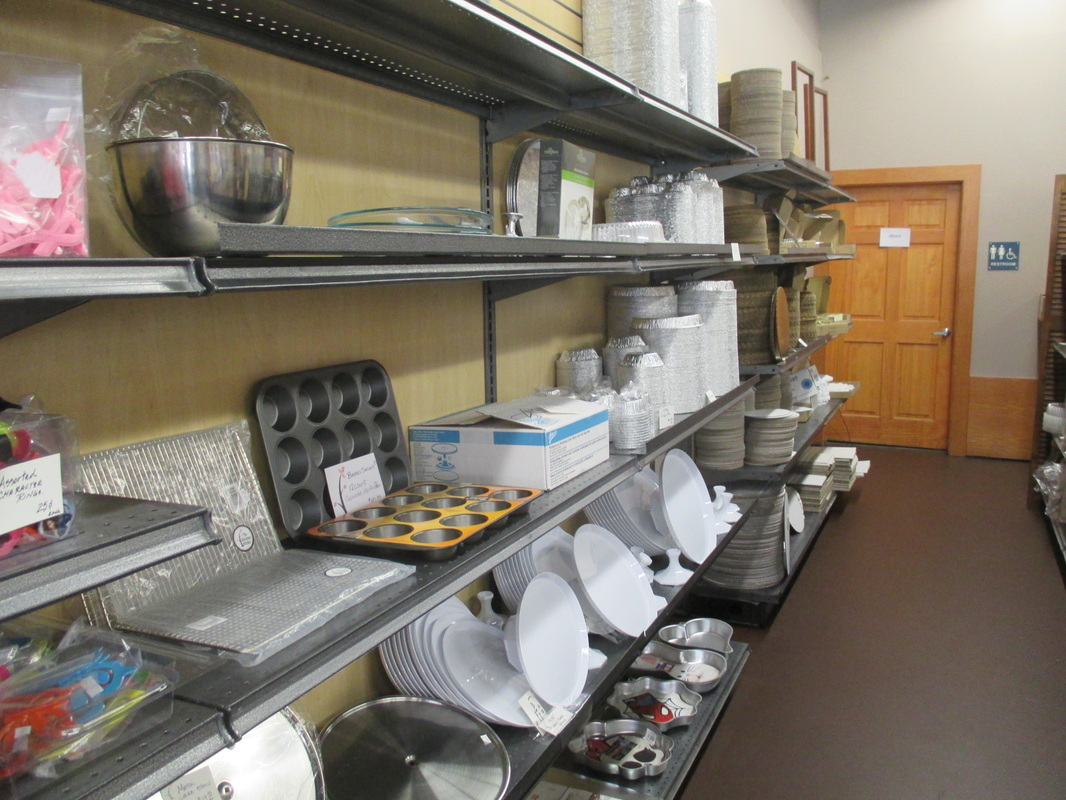
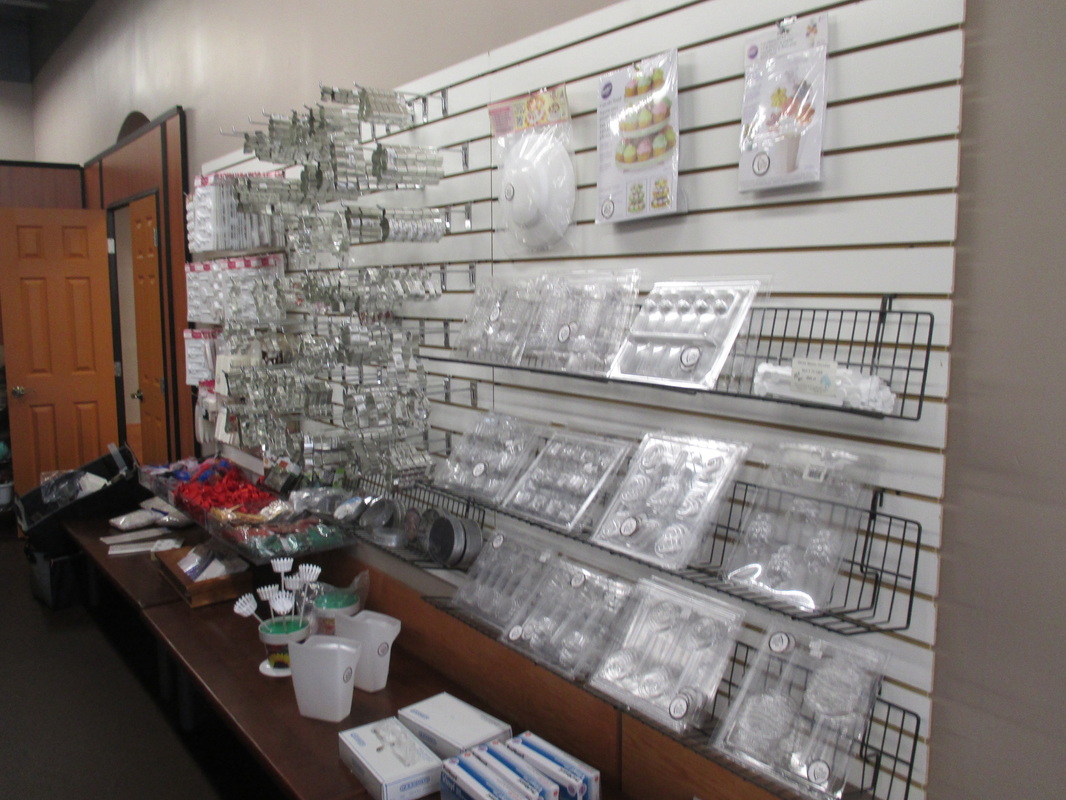
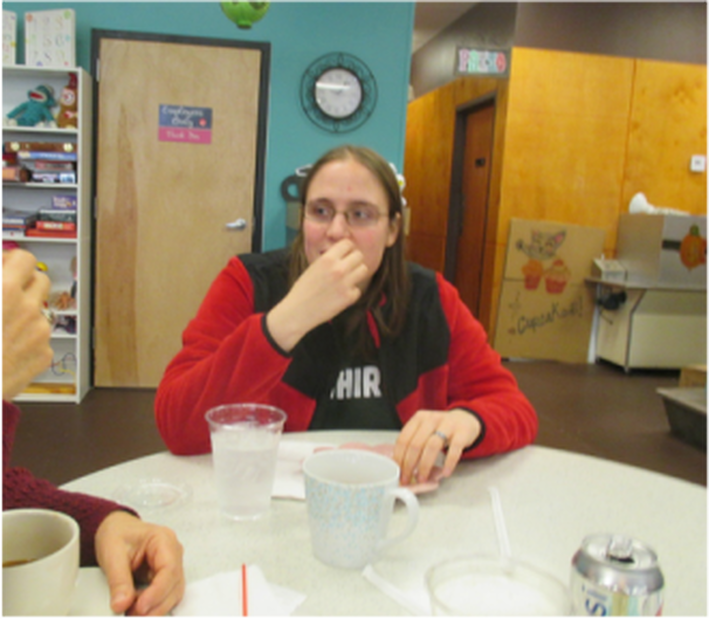
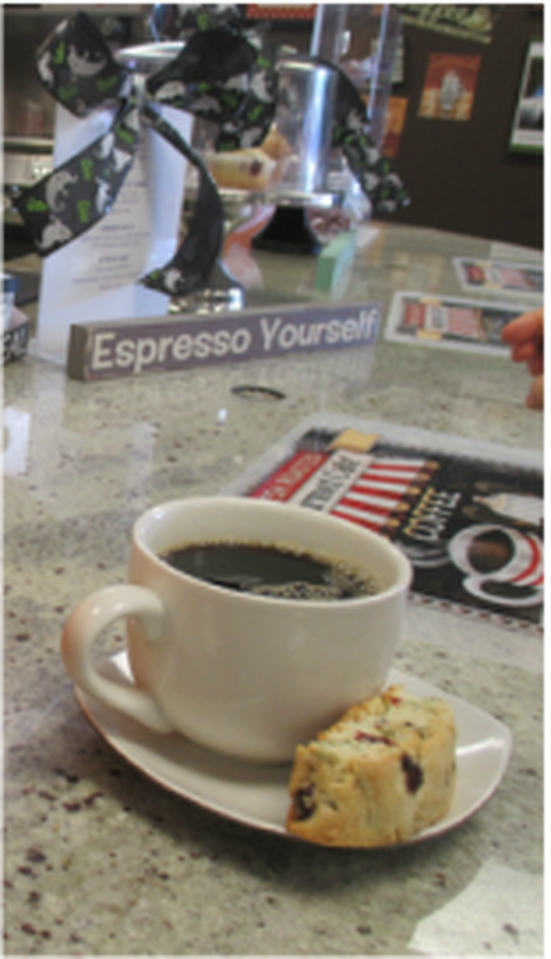
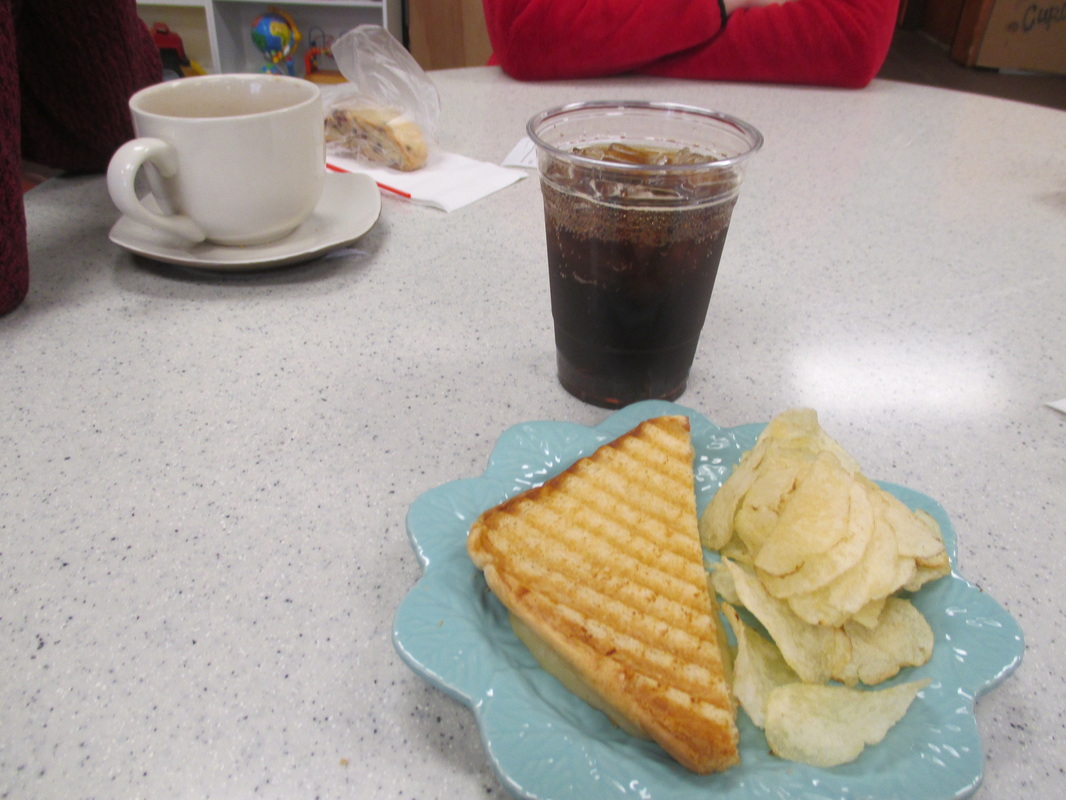
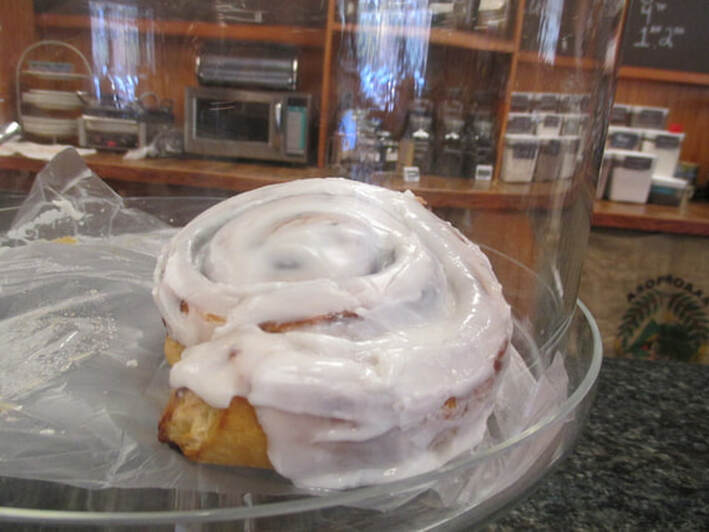
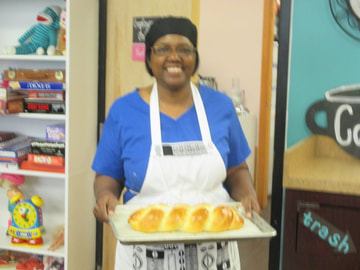
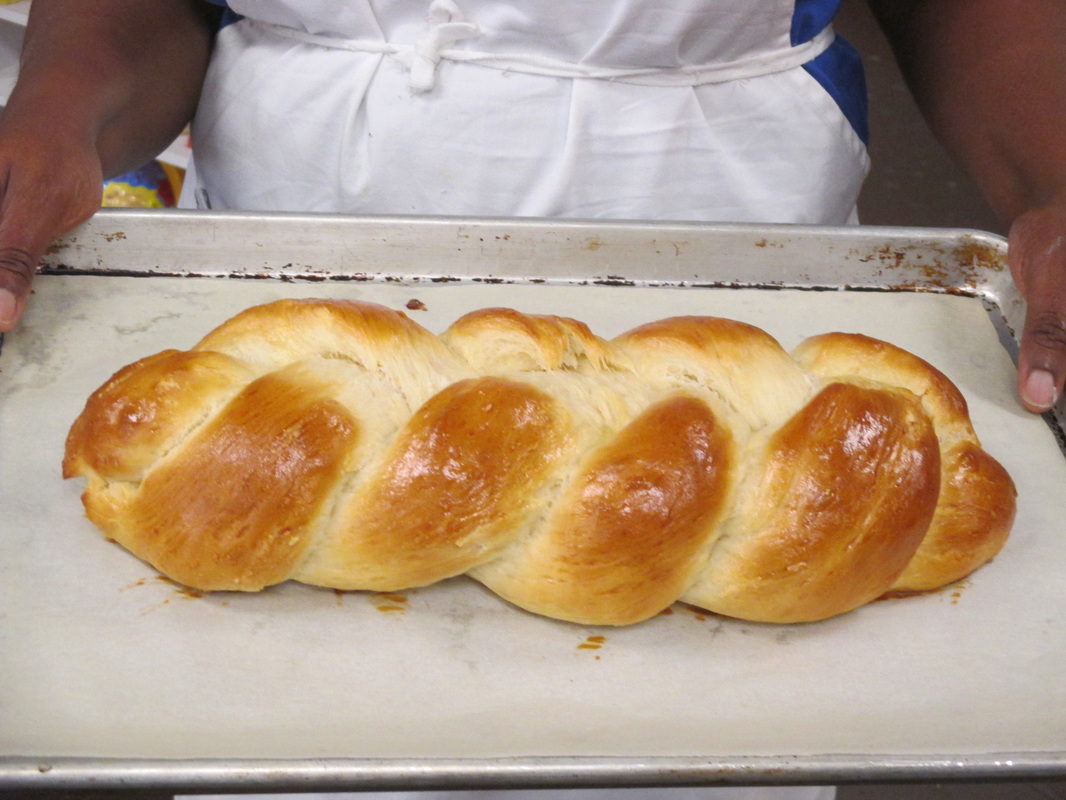
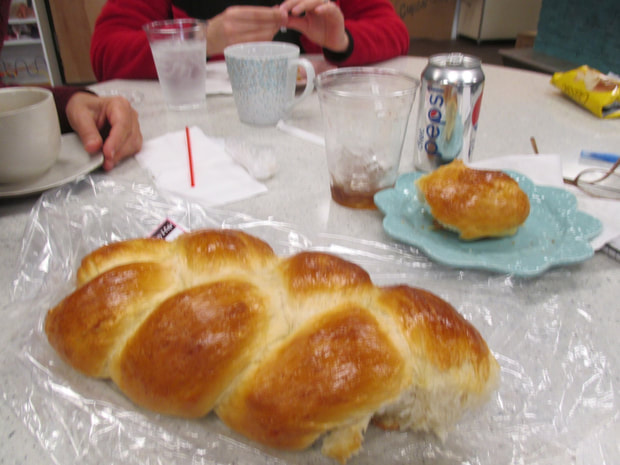
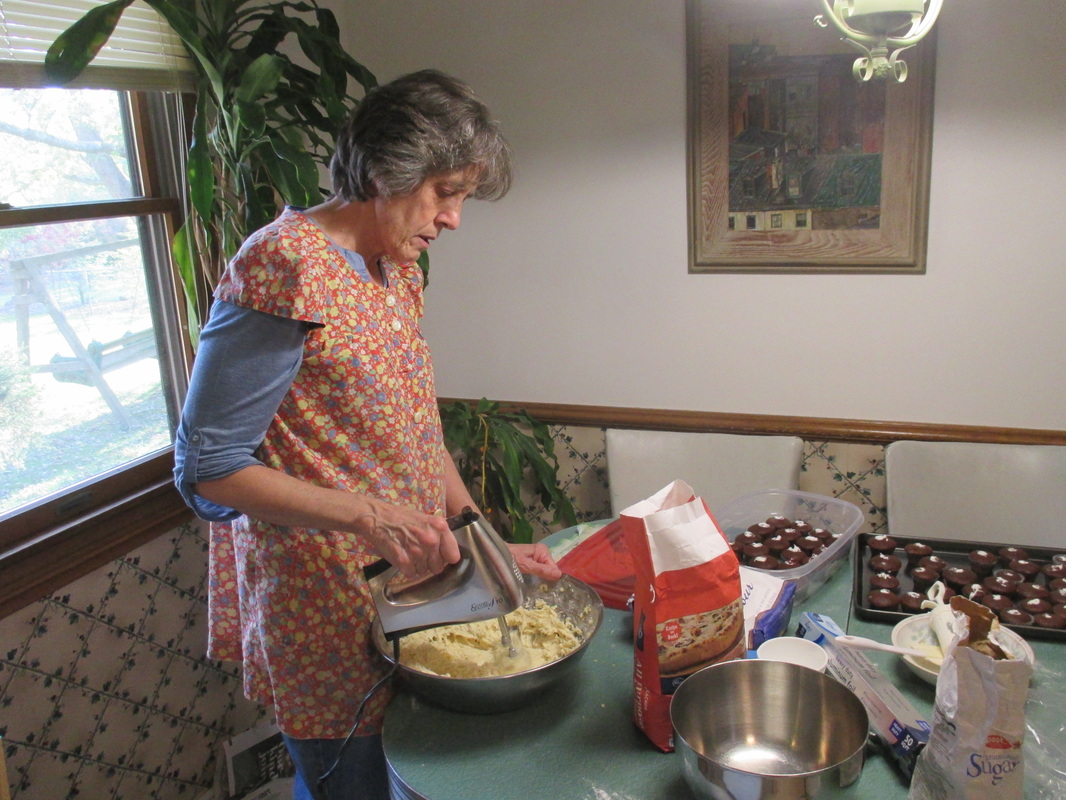
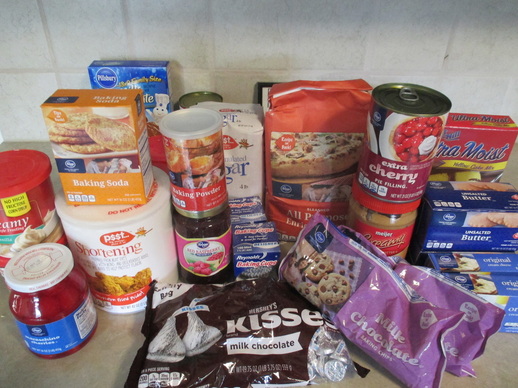
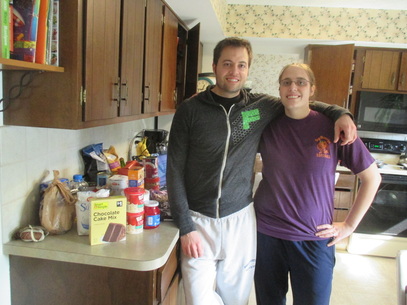
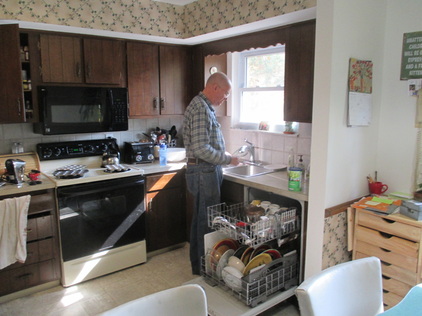
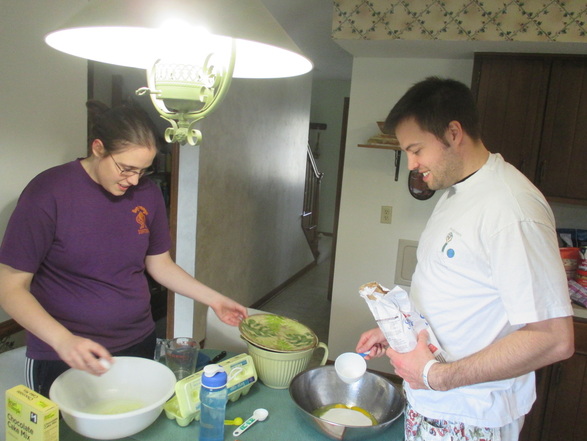
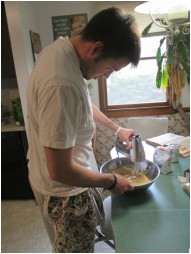
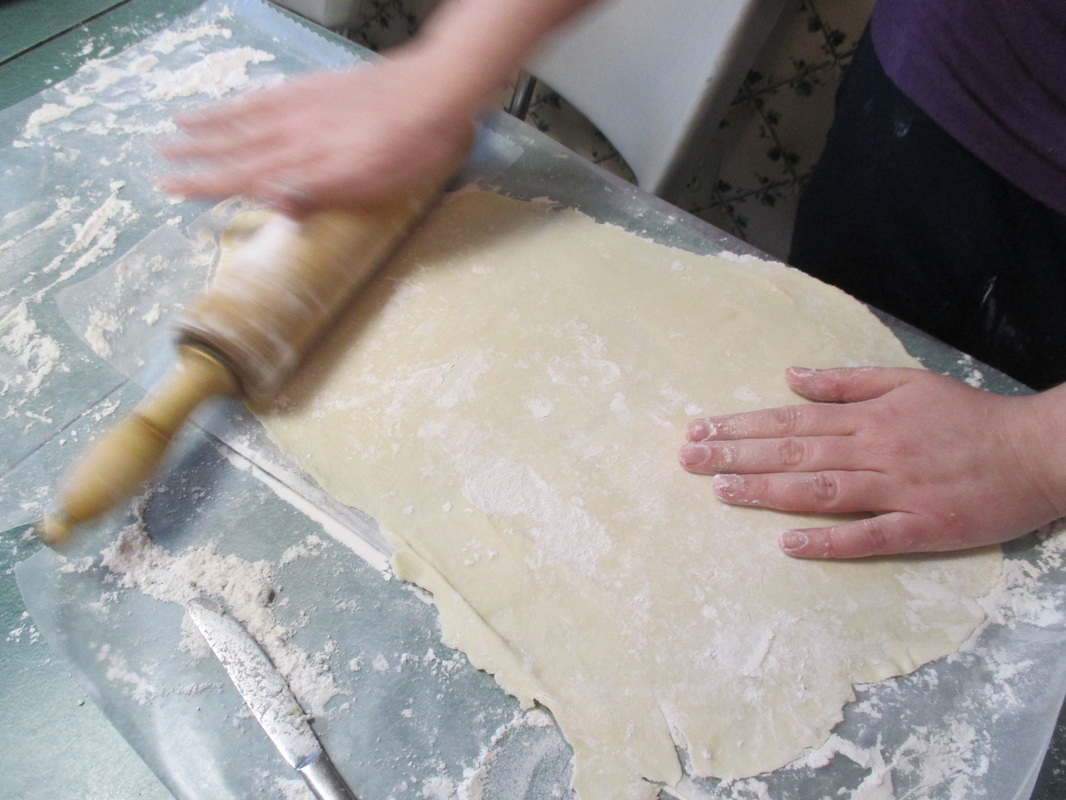
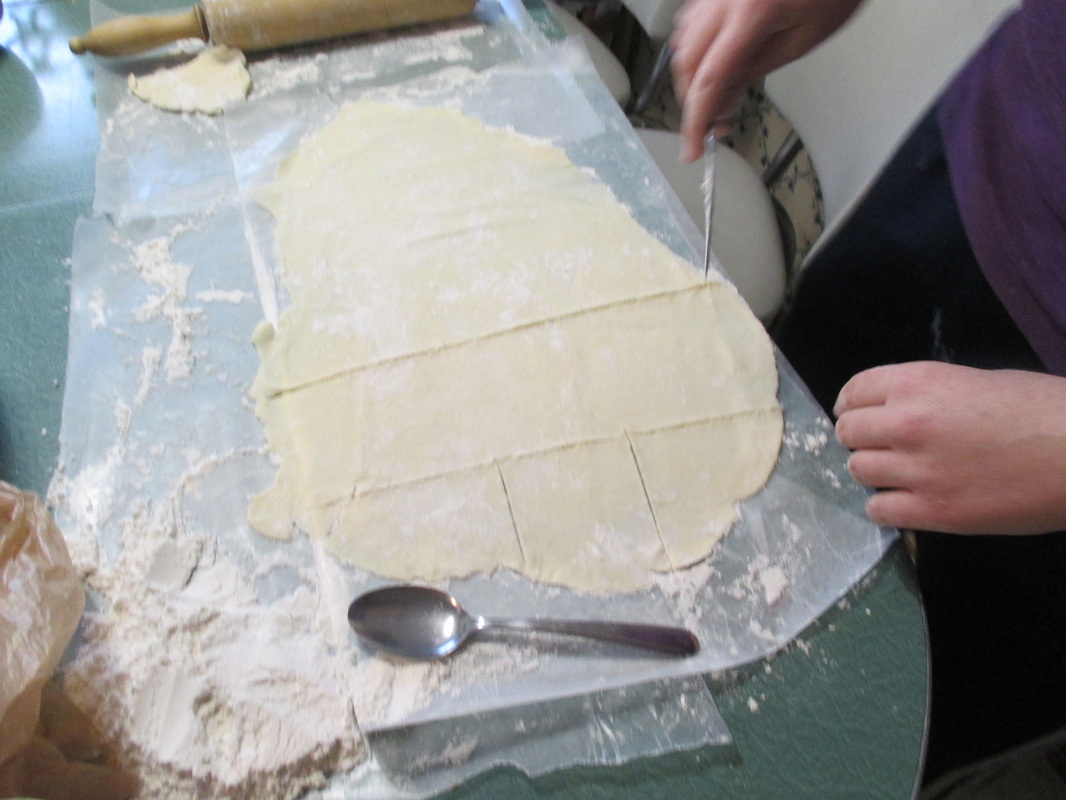
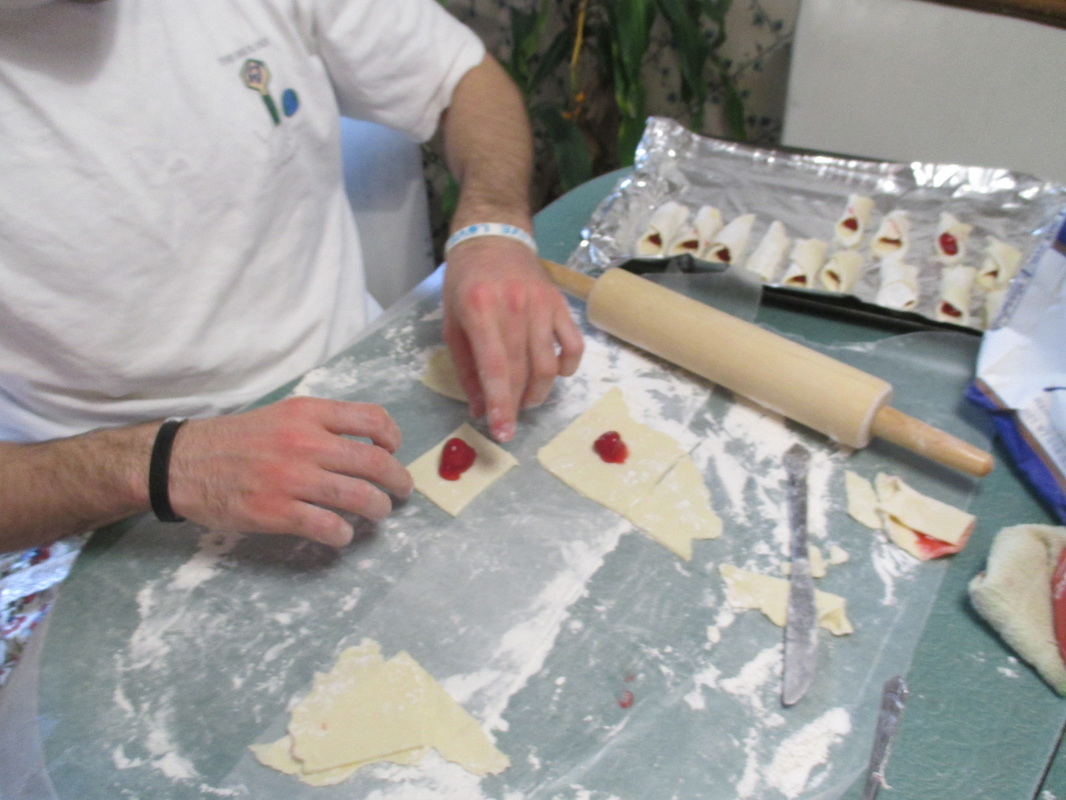
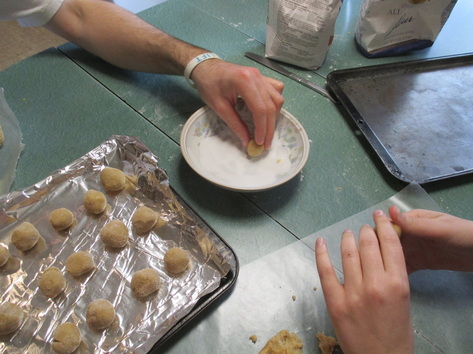
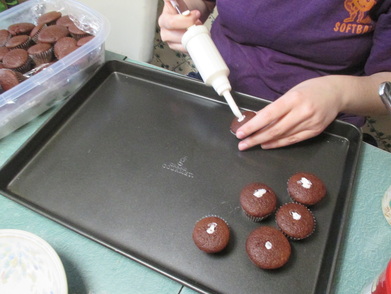
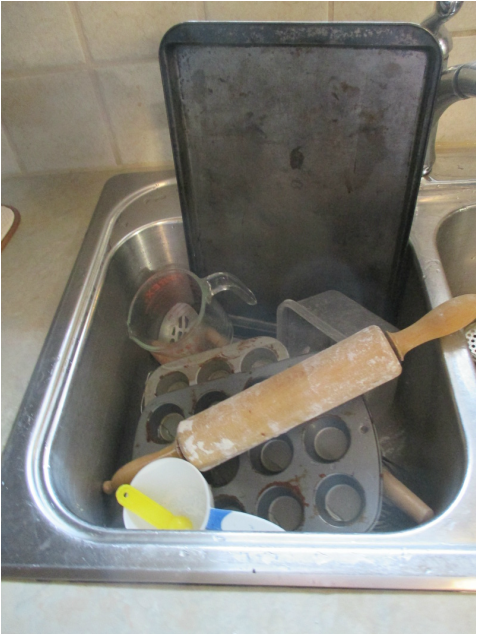
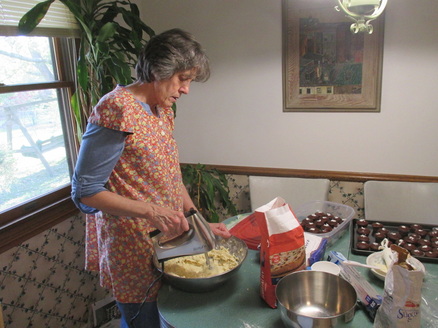

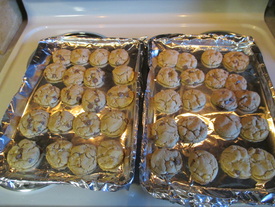
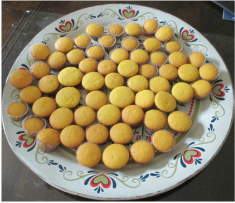
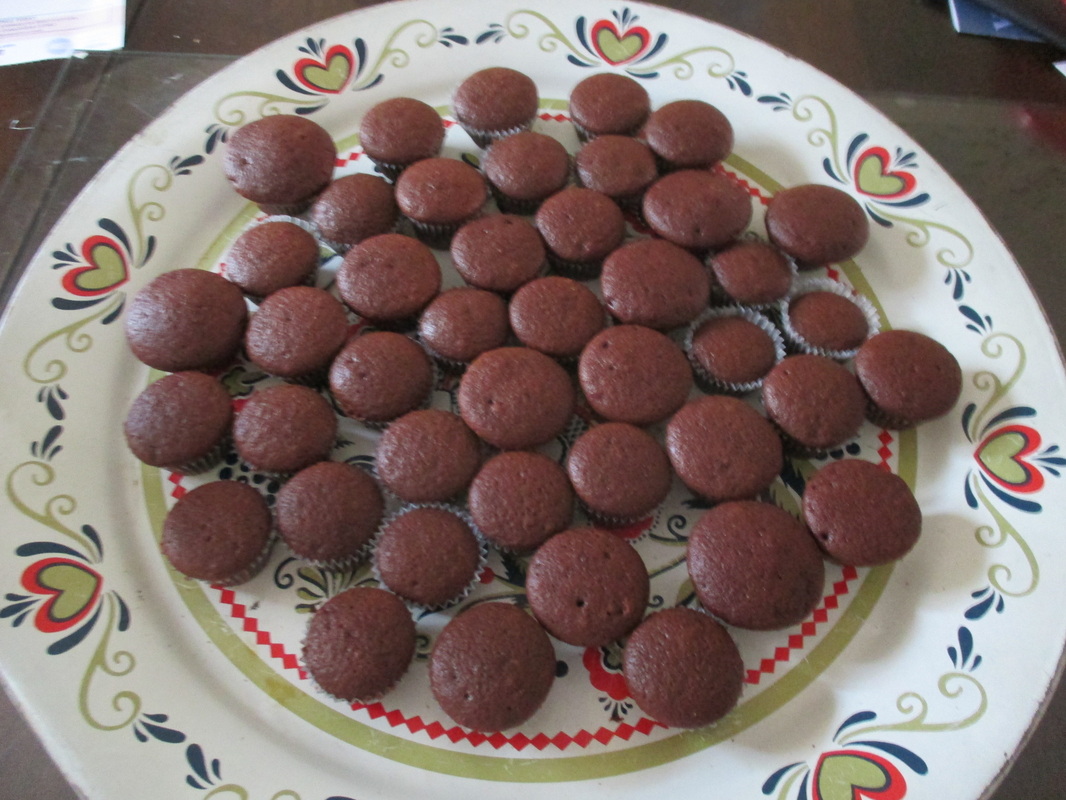
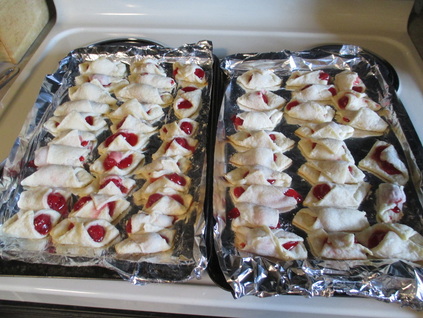
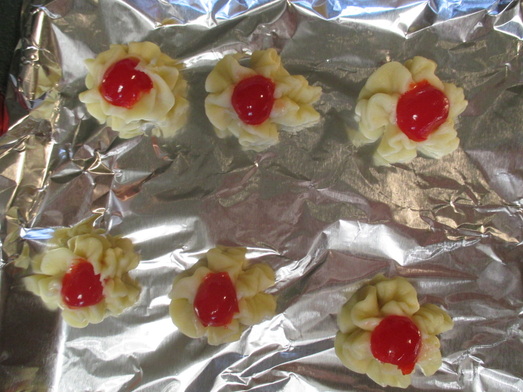
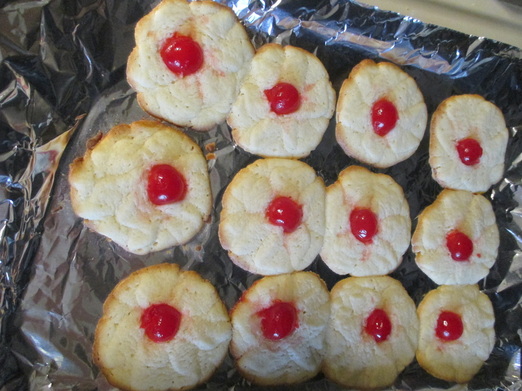
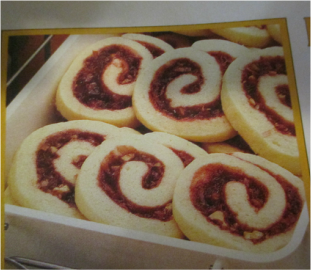

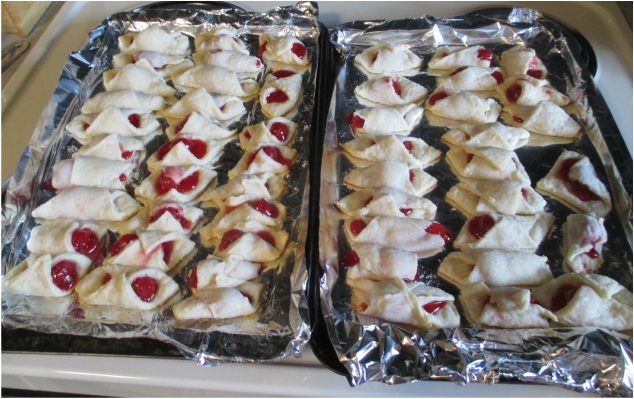
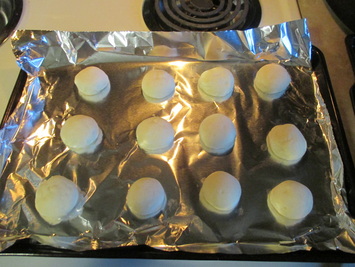


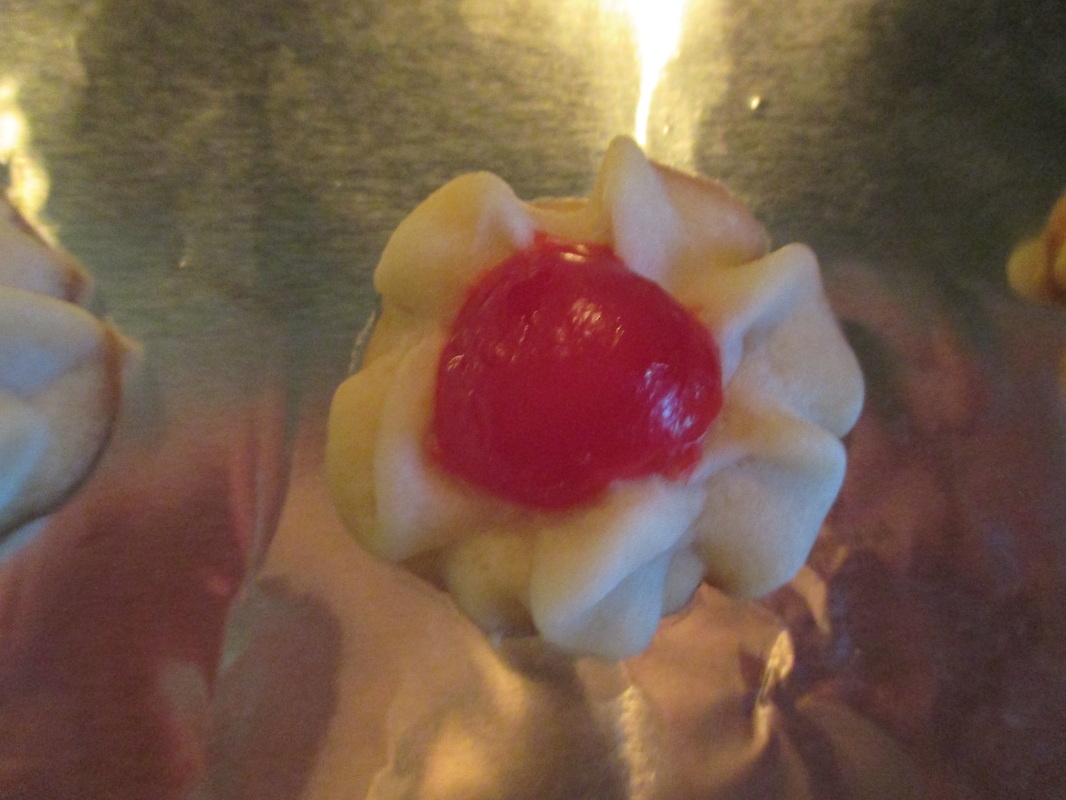


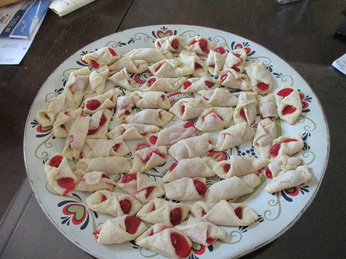
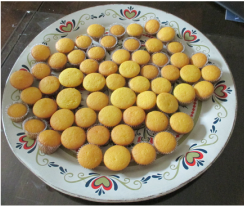
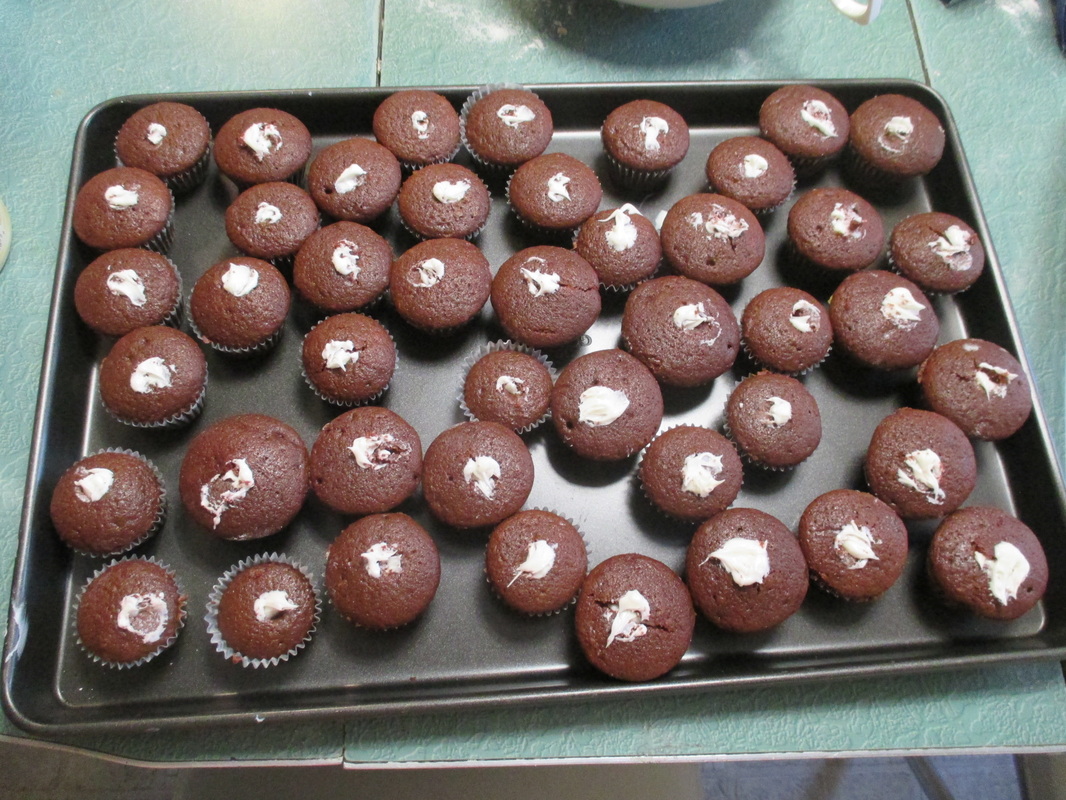

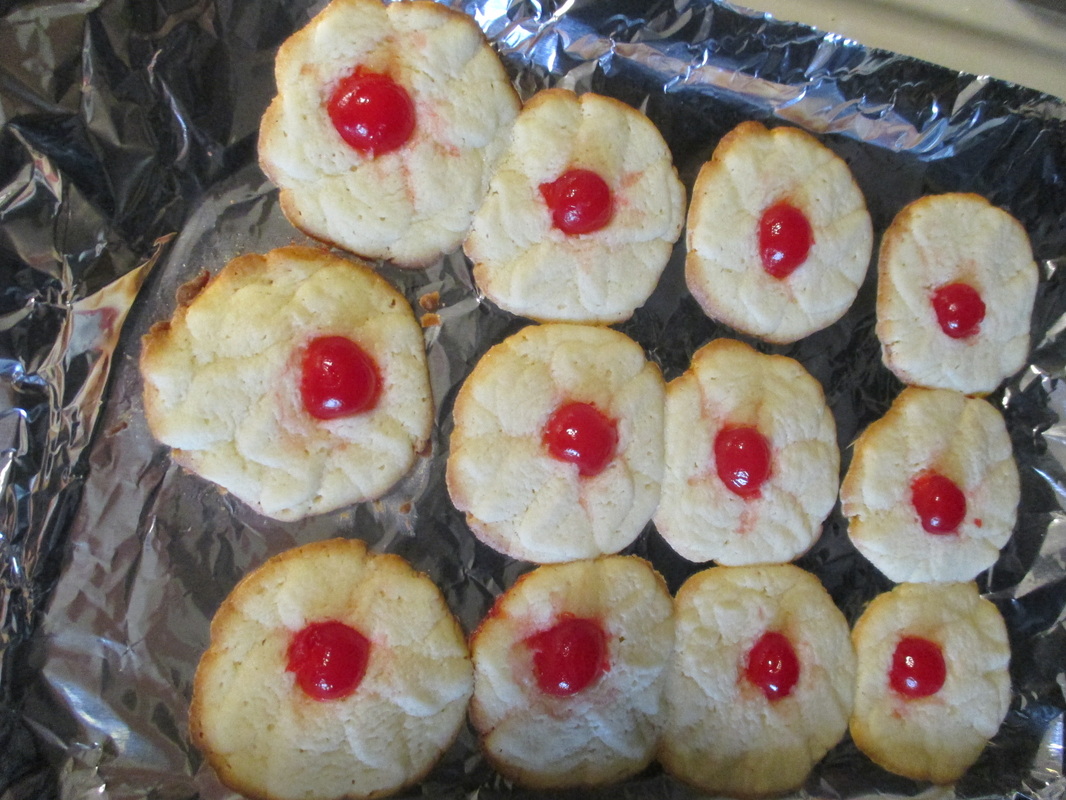
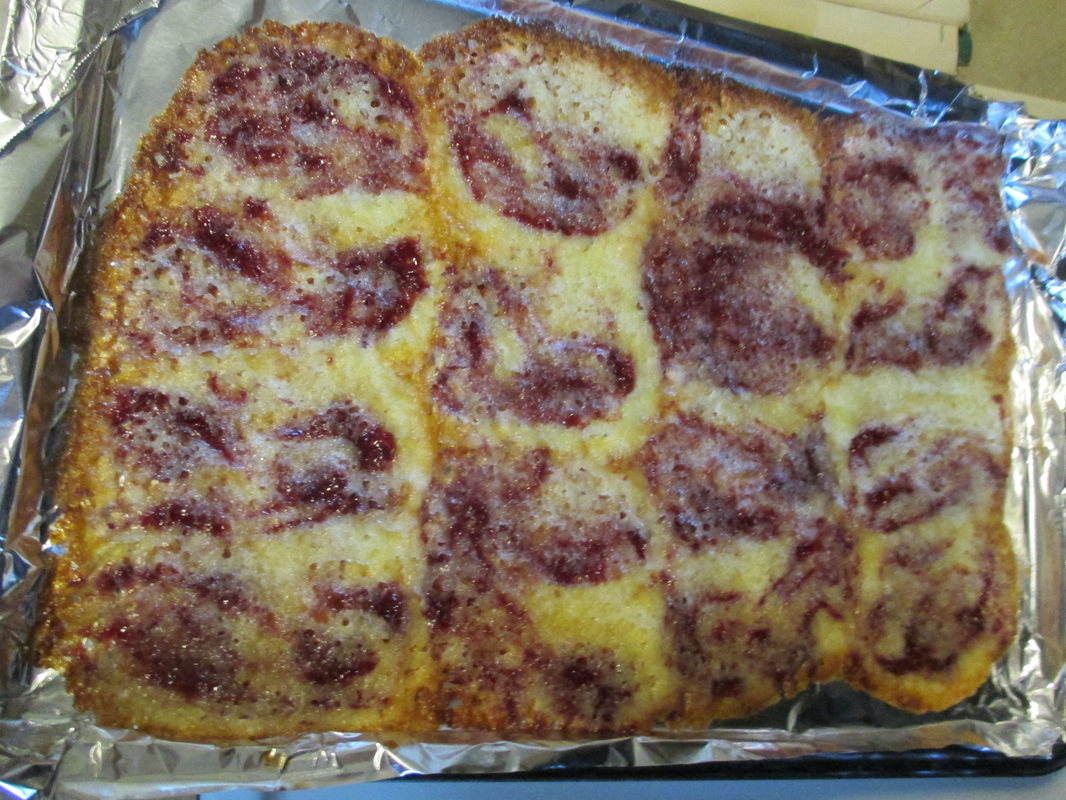
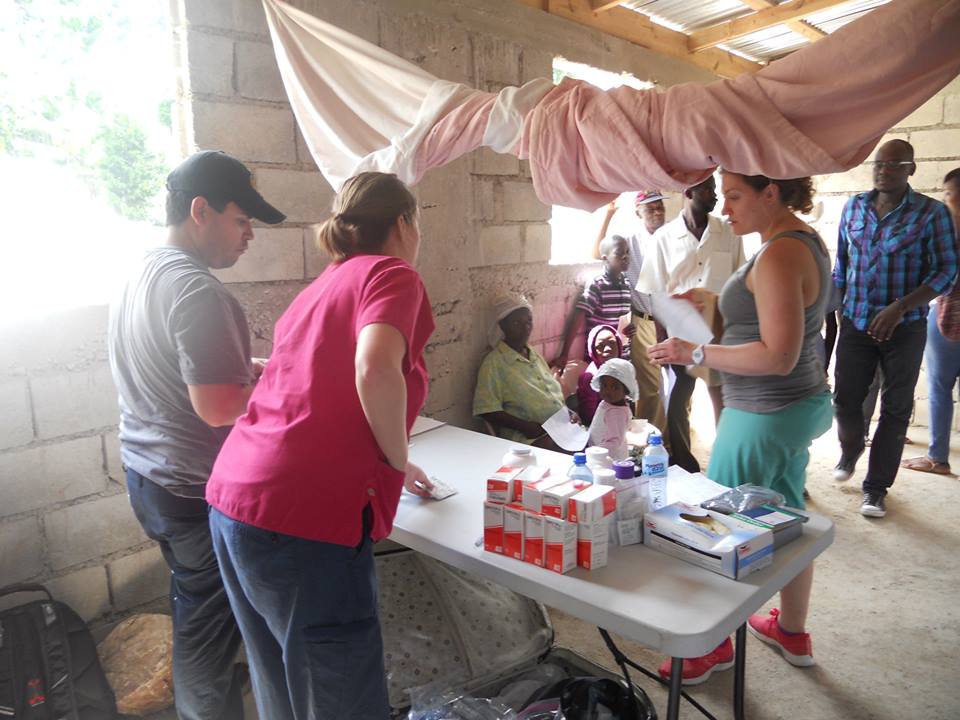
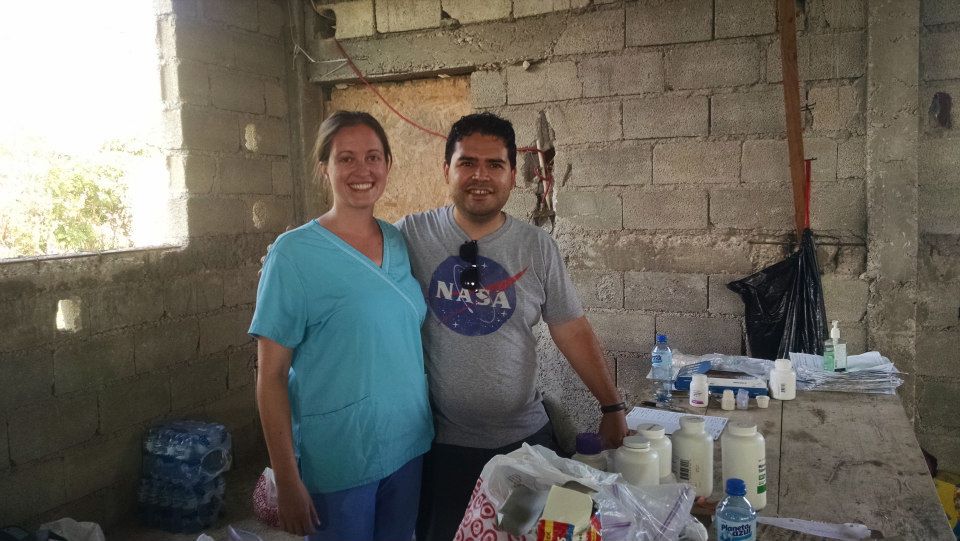
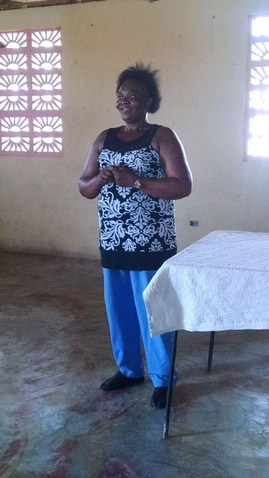
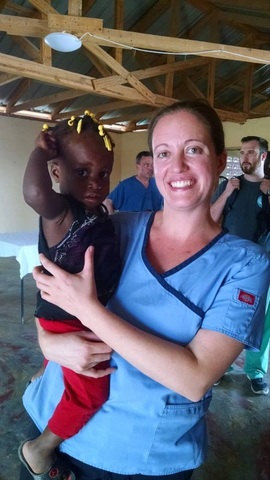
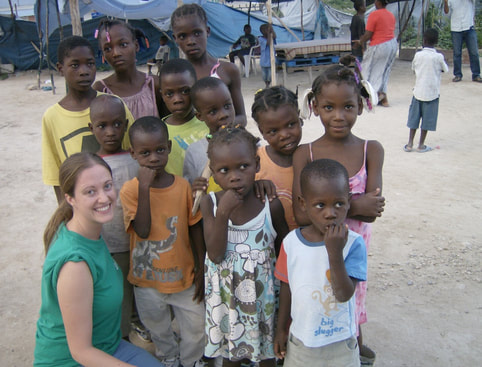
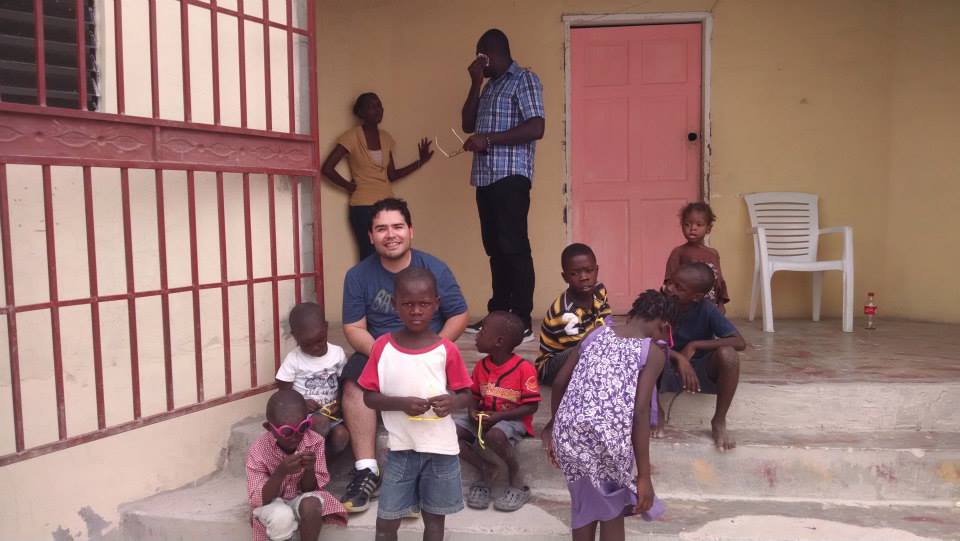
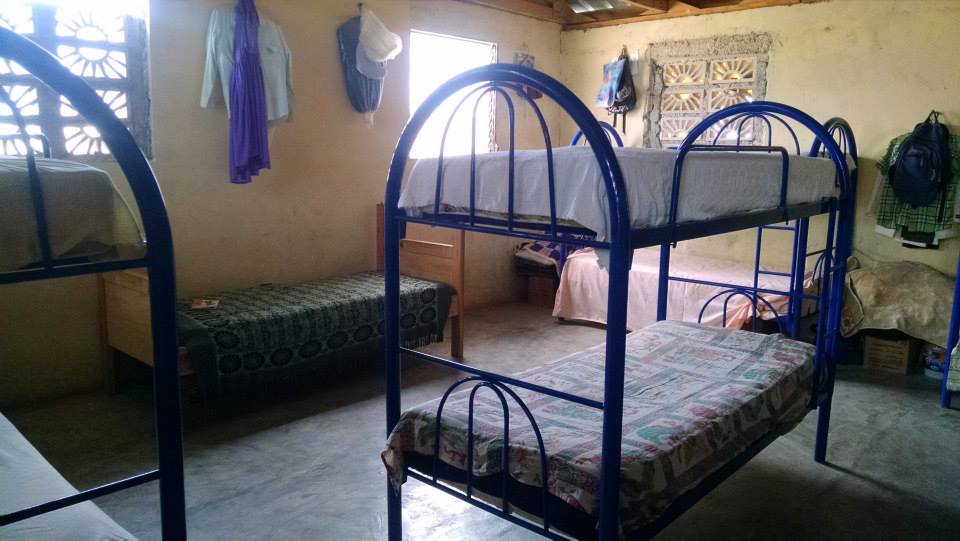
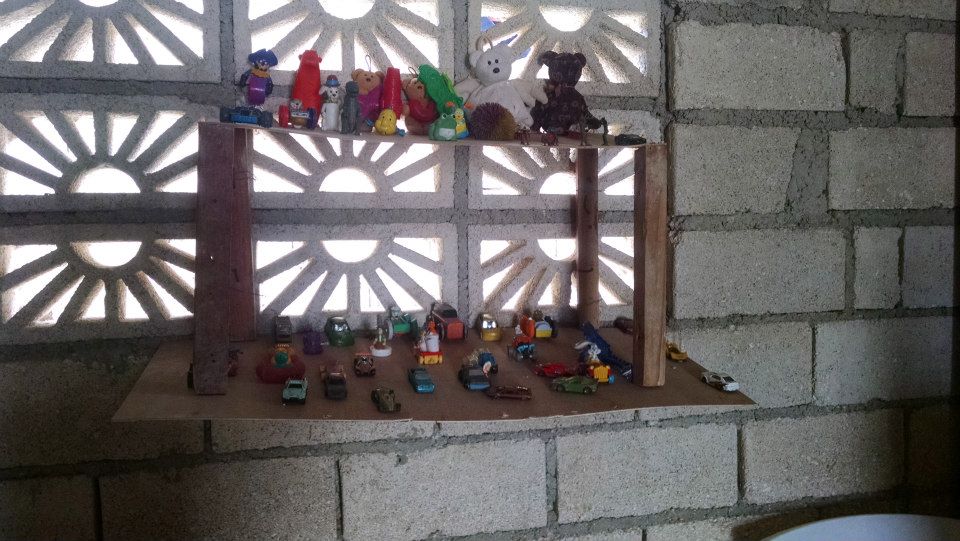
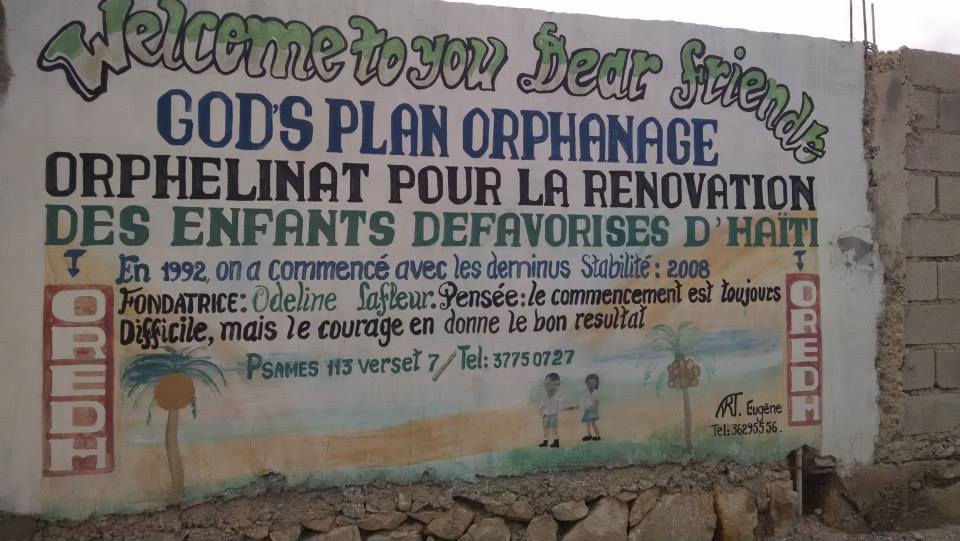
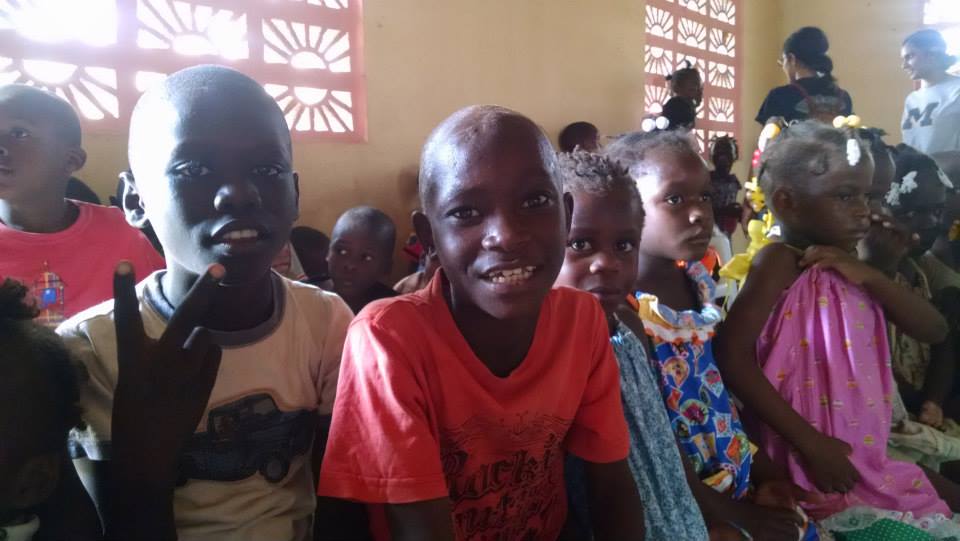
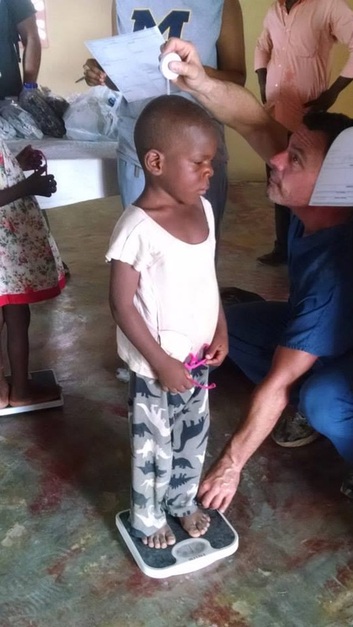
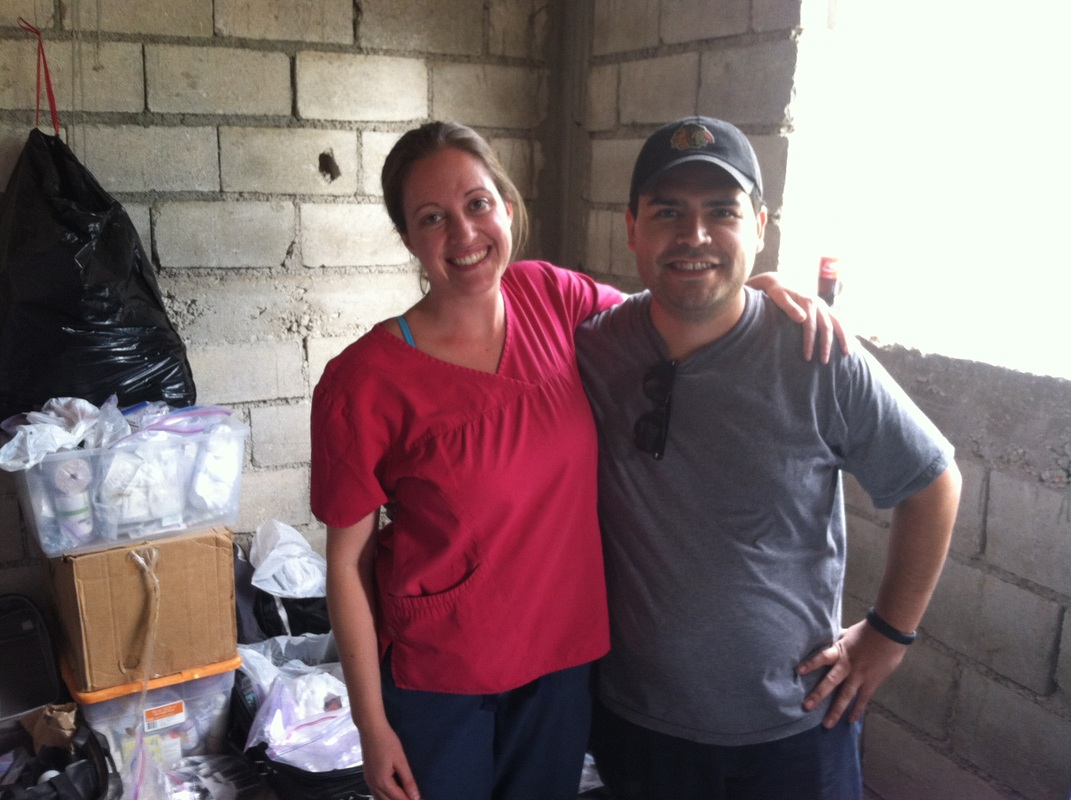
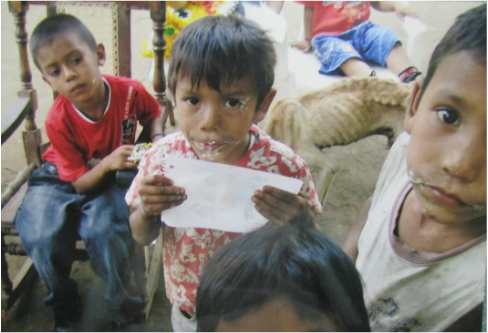
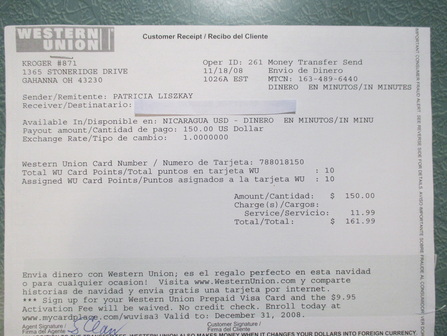
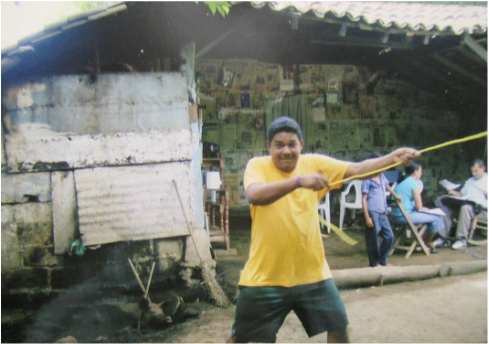
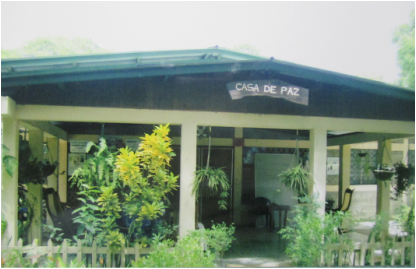
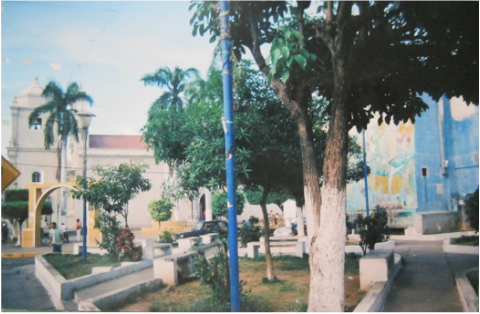
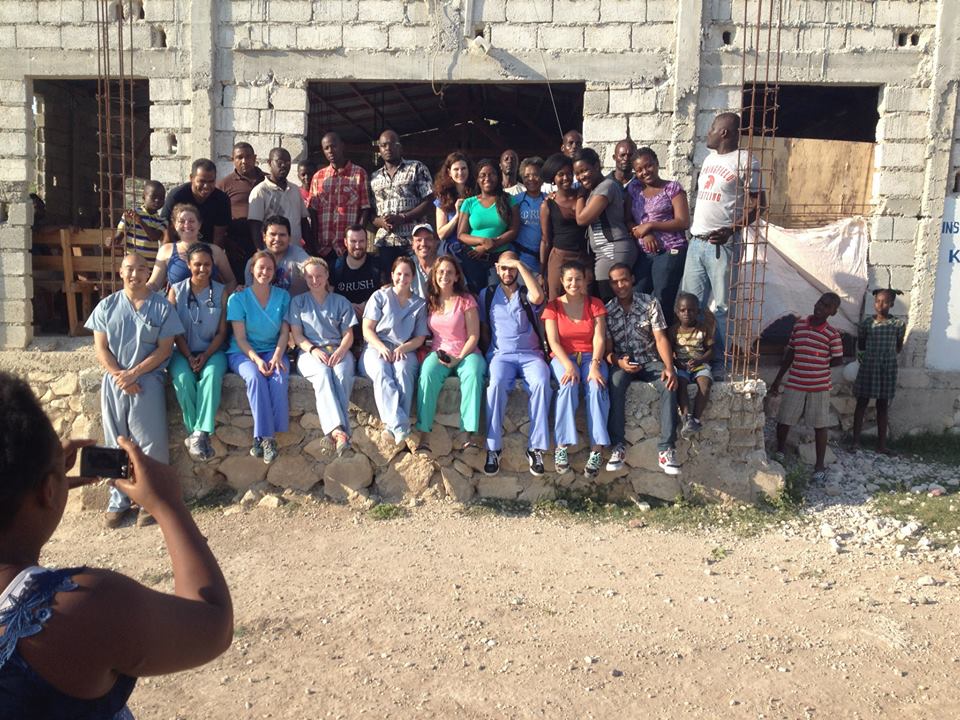
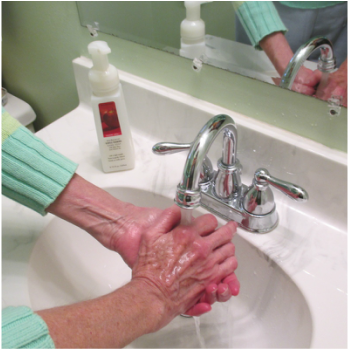
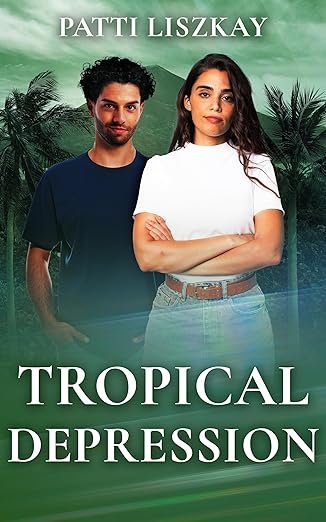


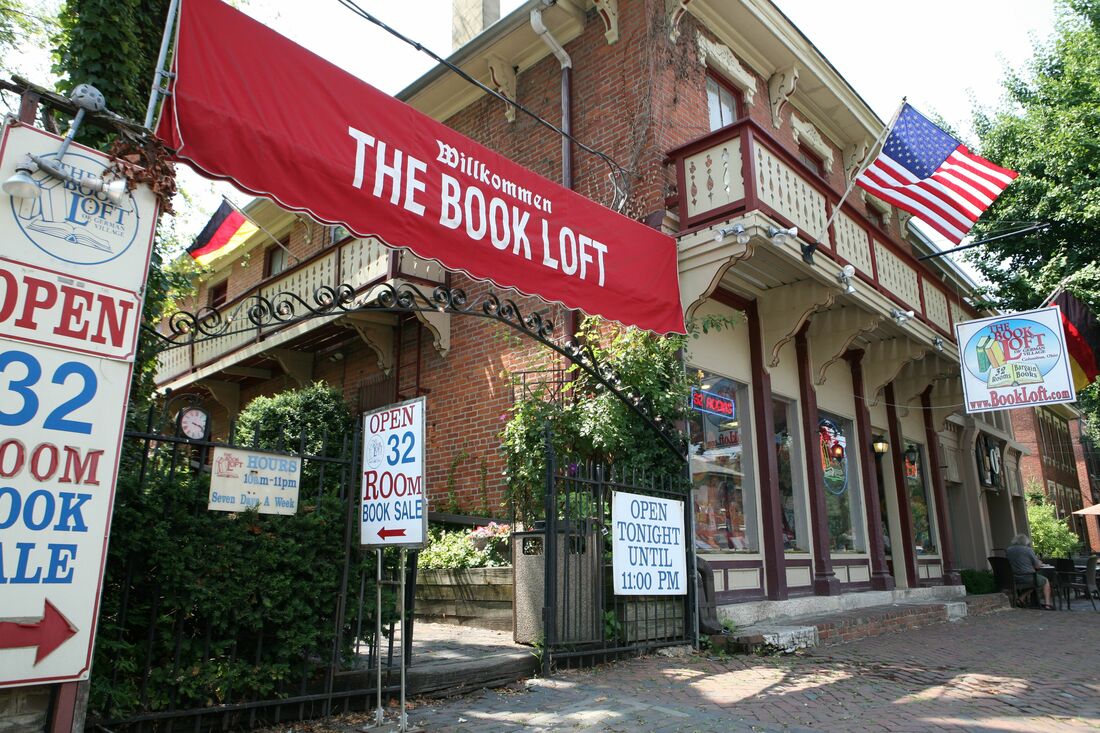

 RSS Feed
RSS Feed